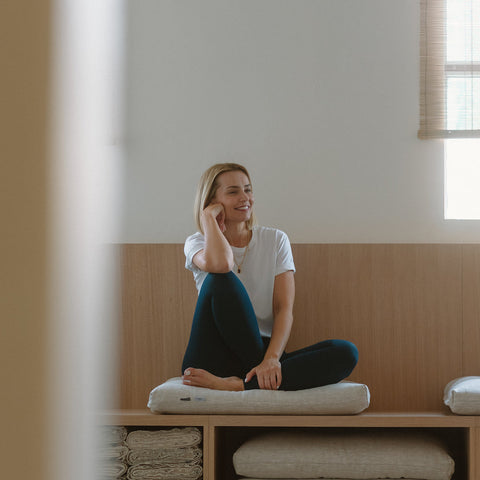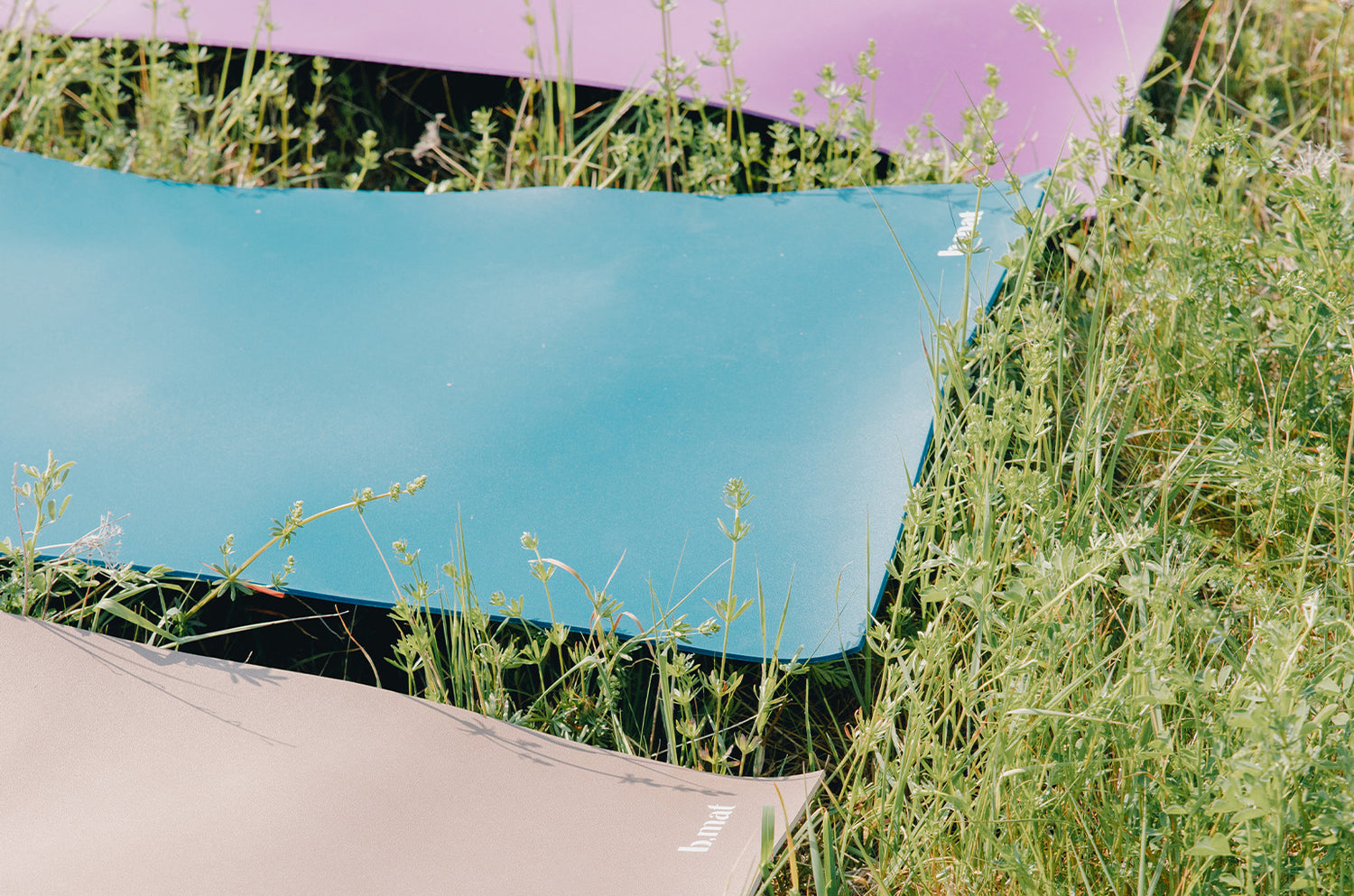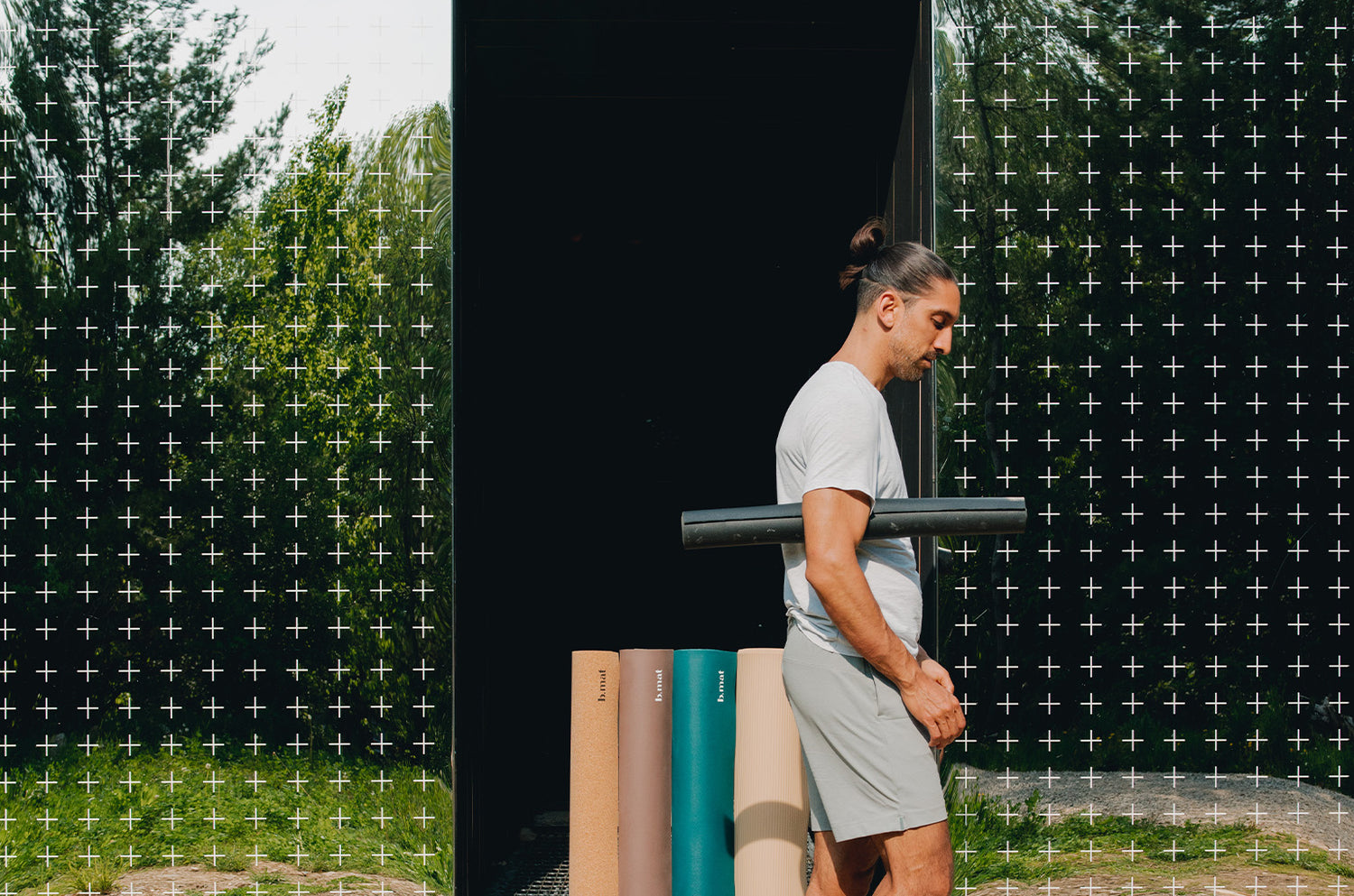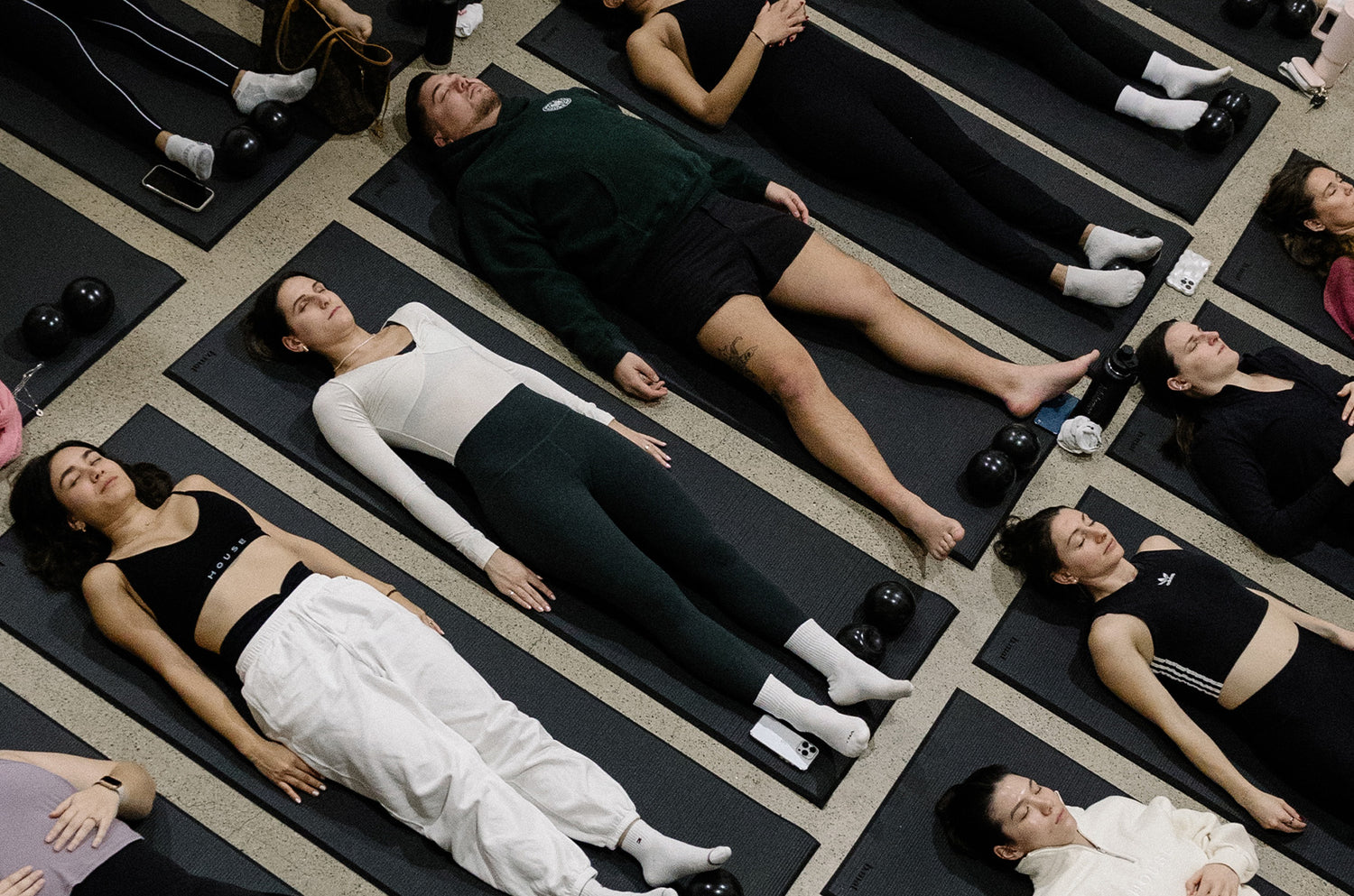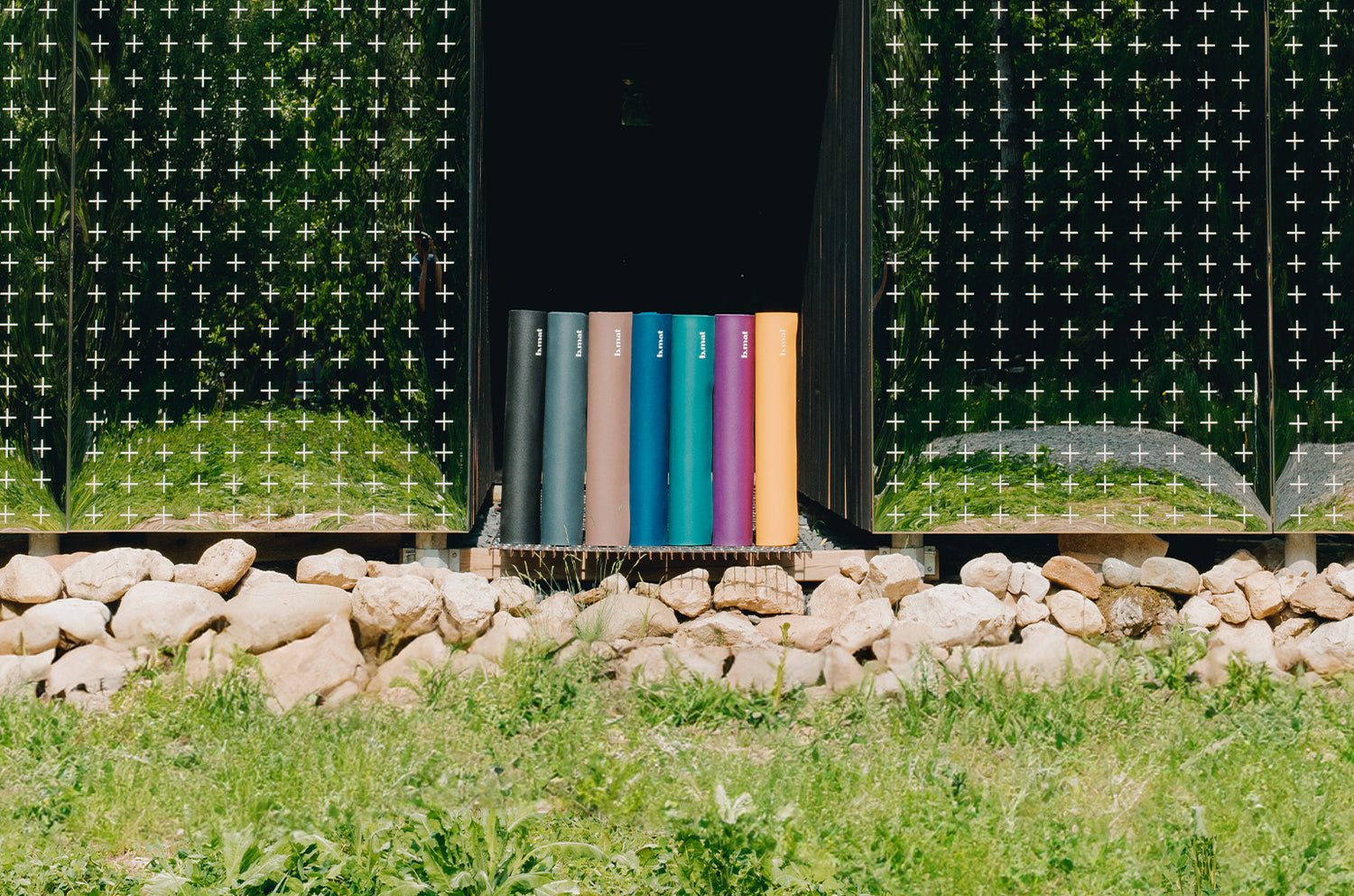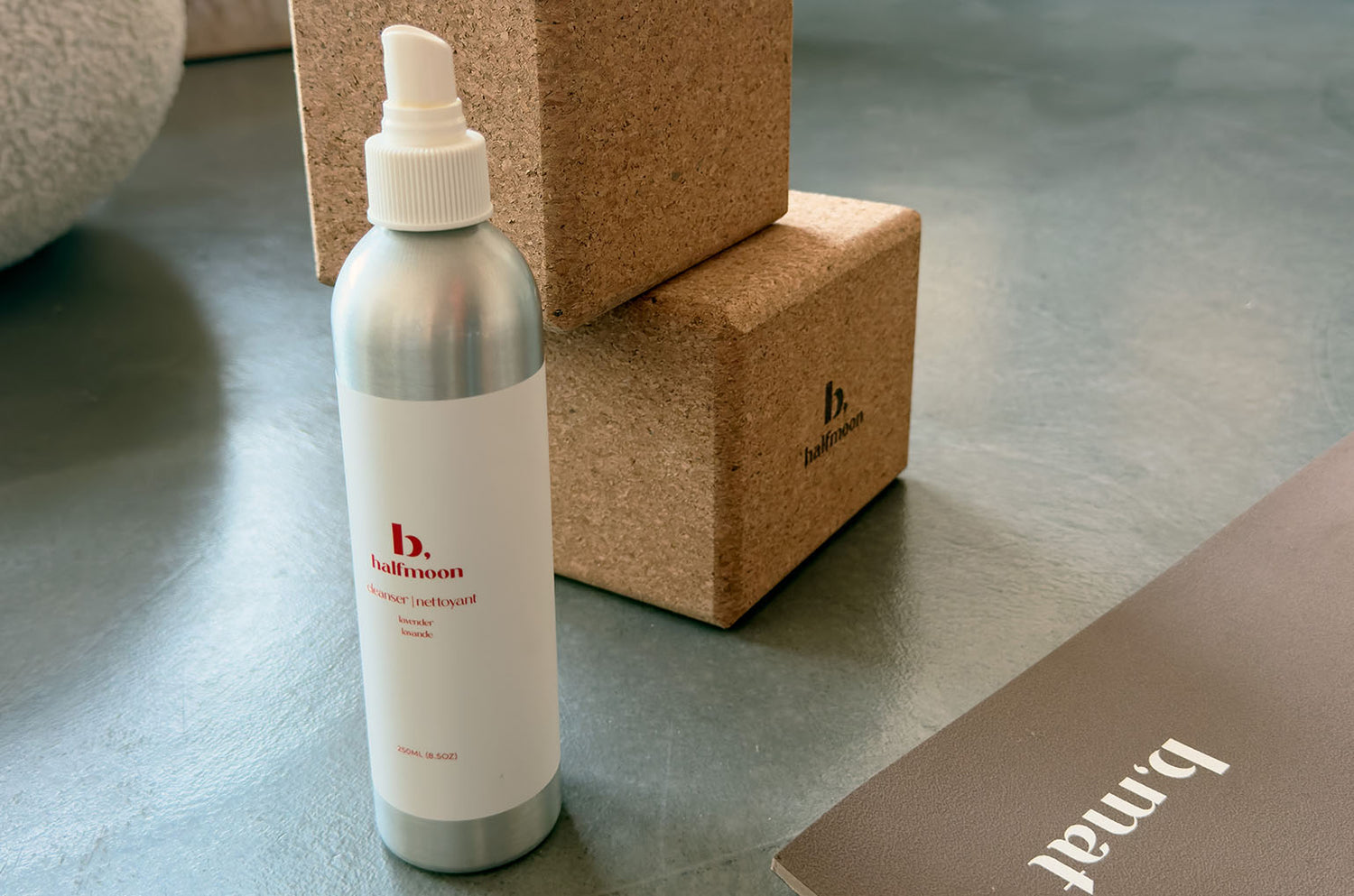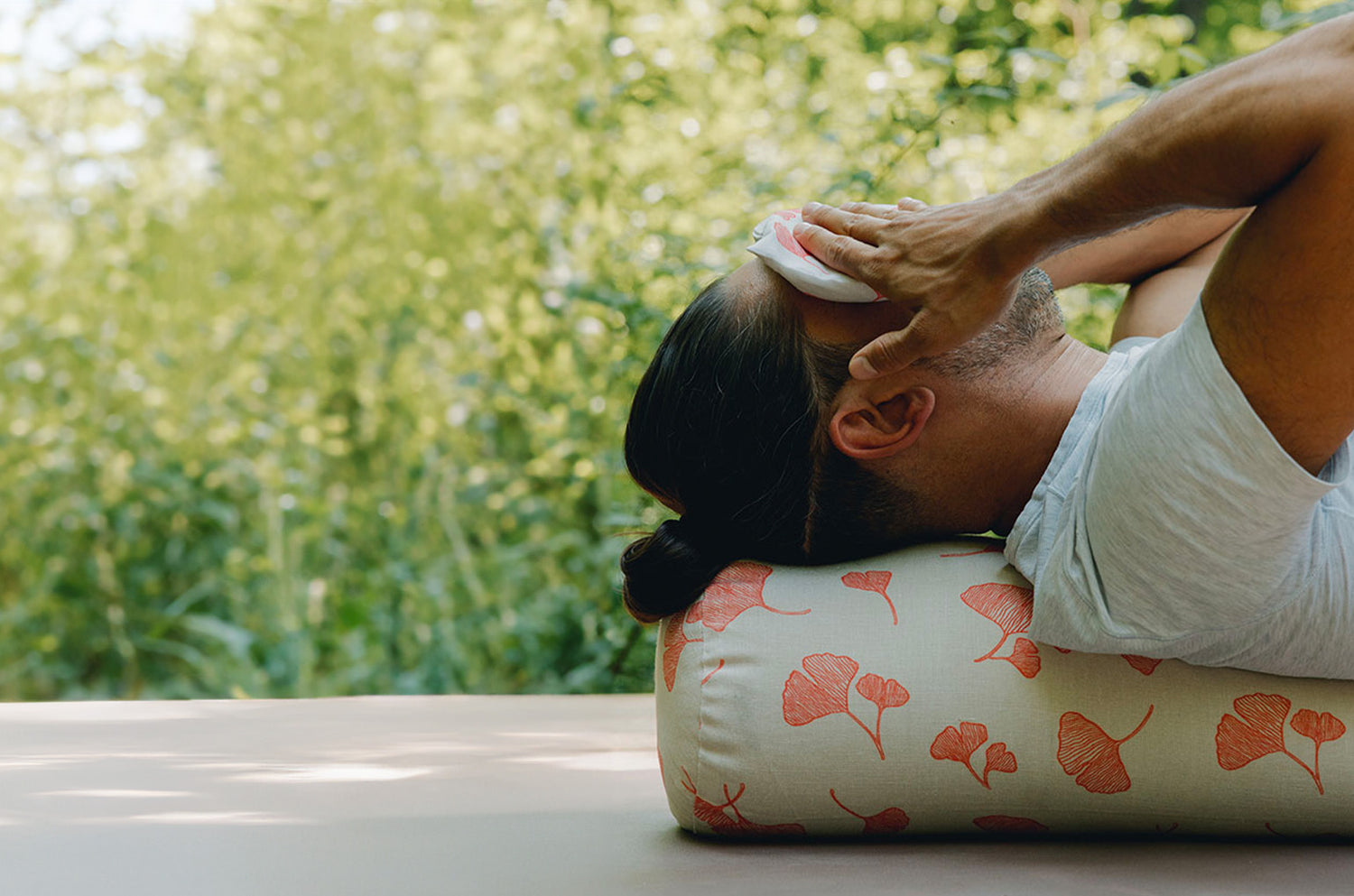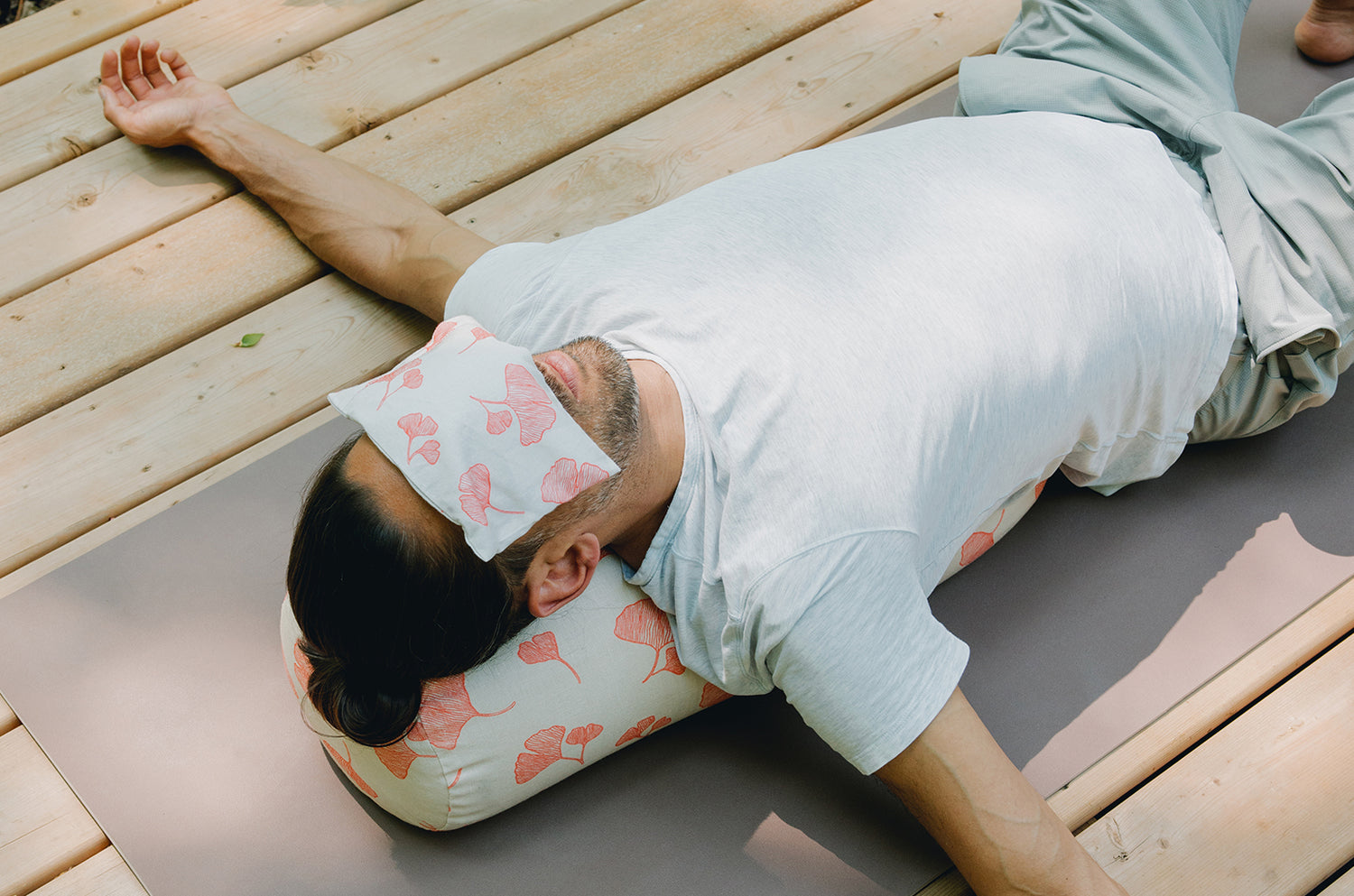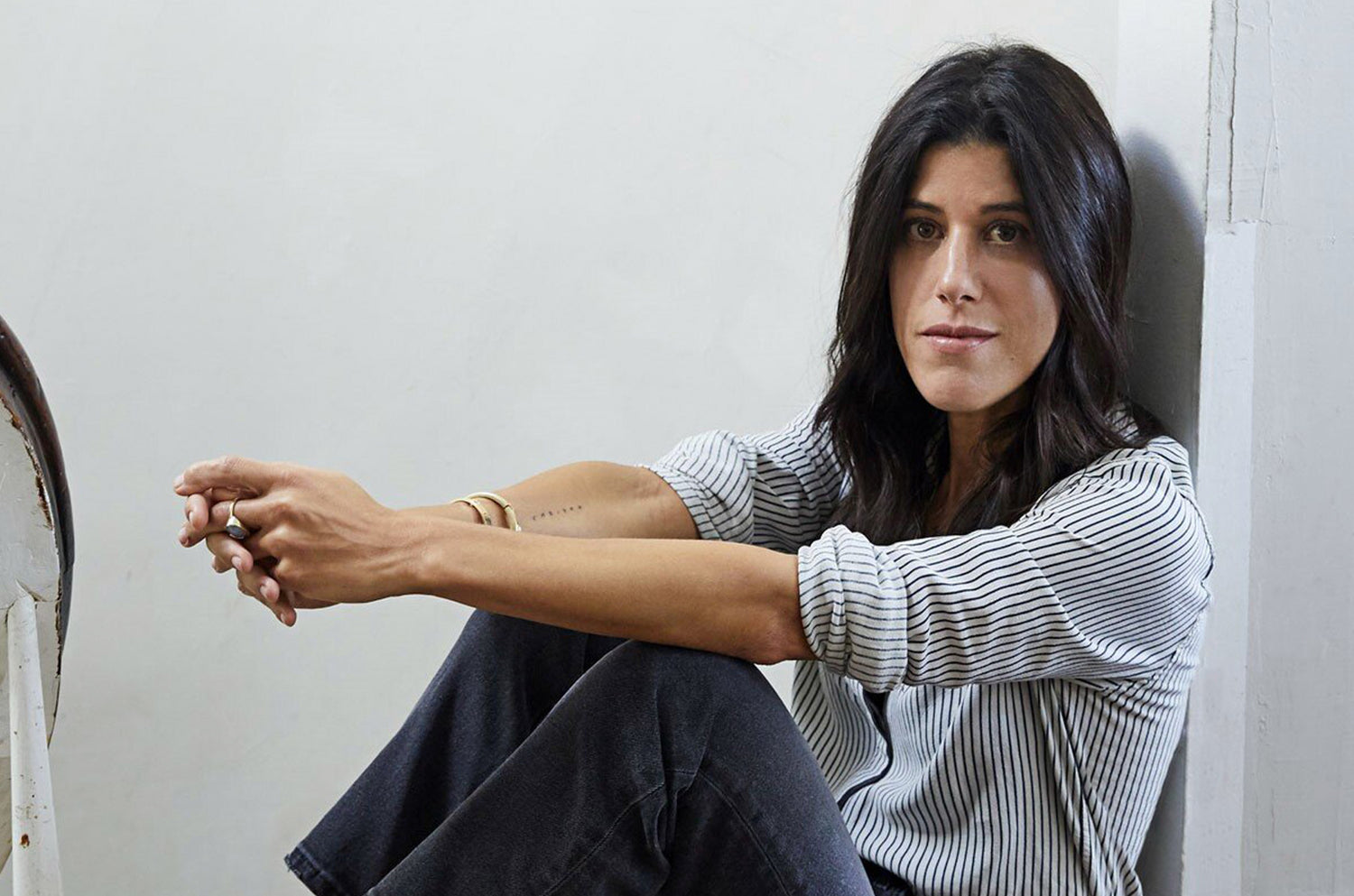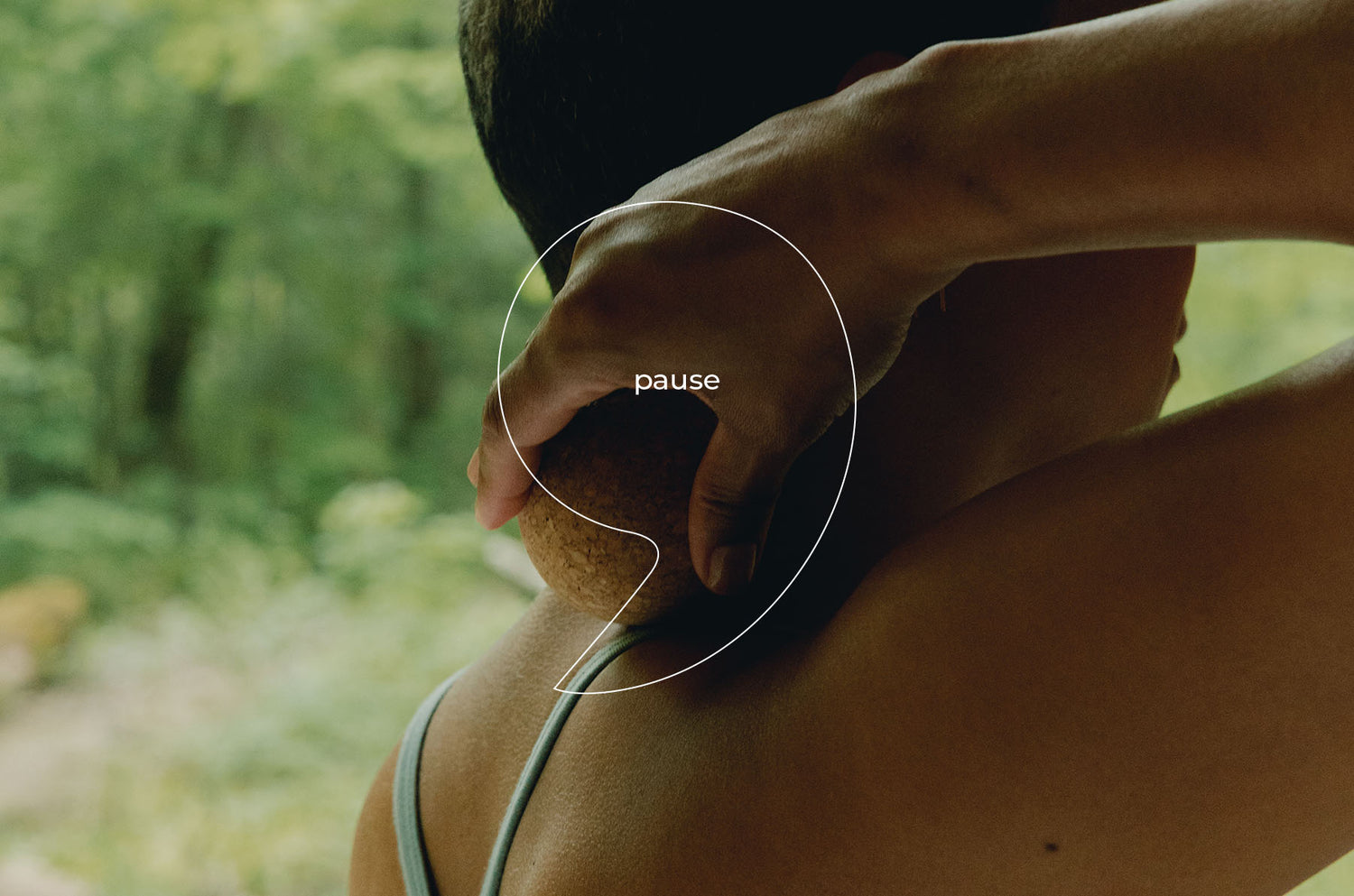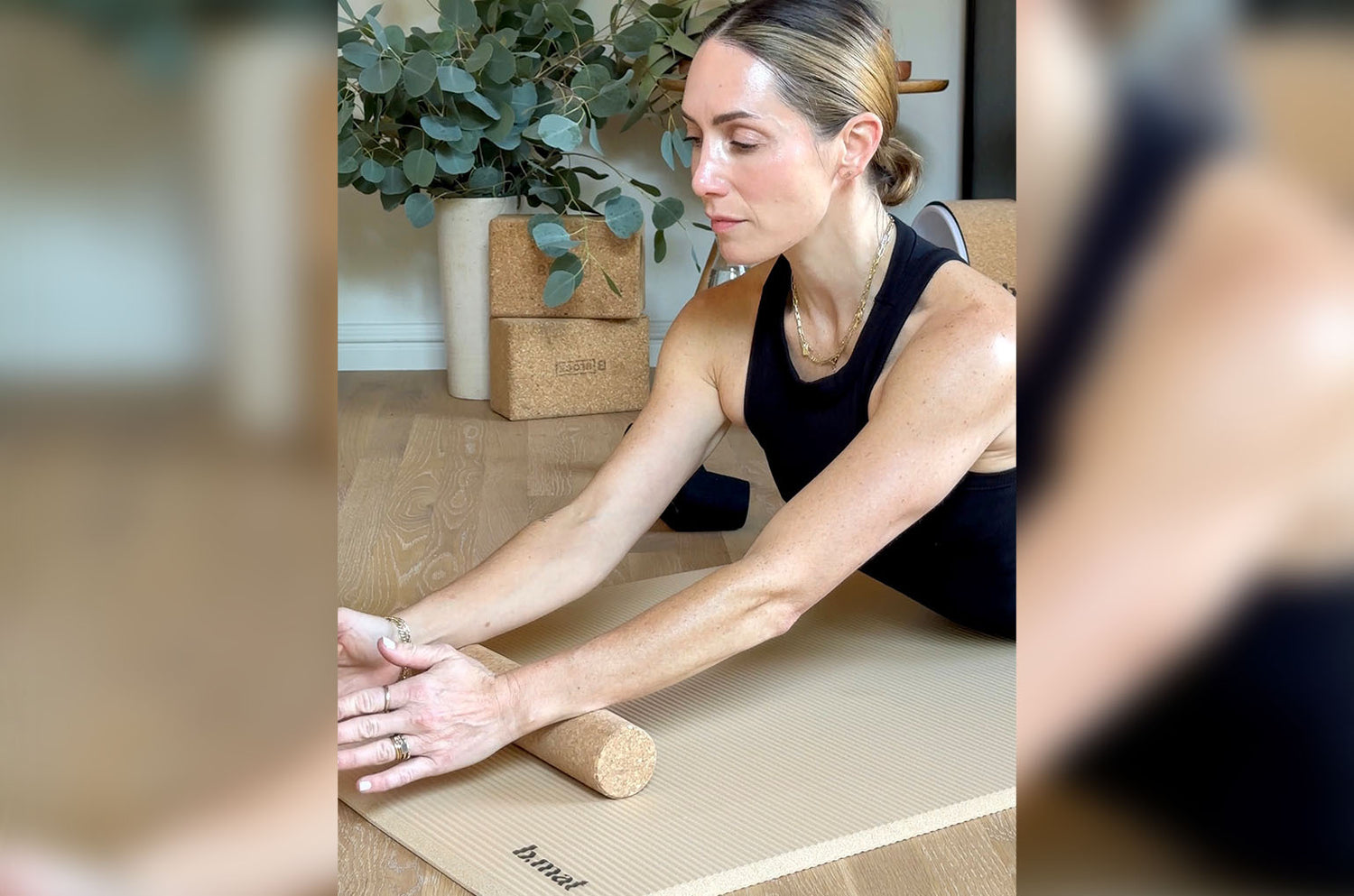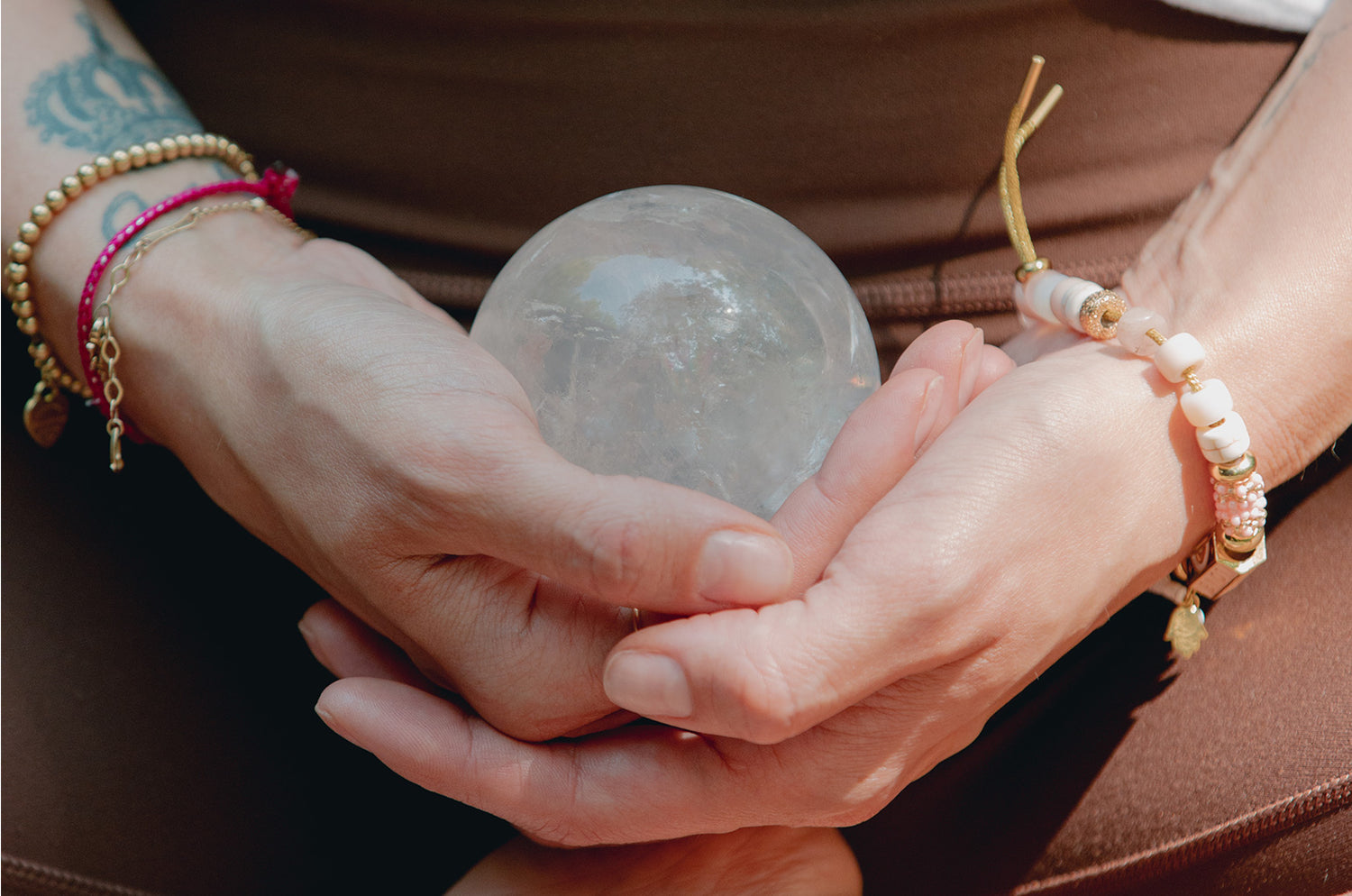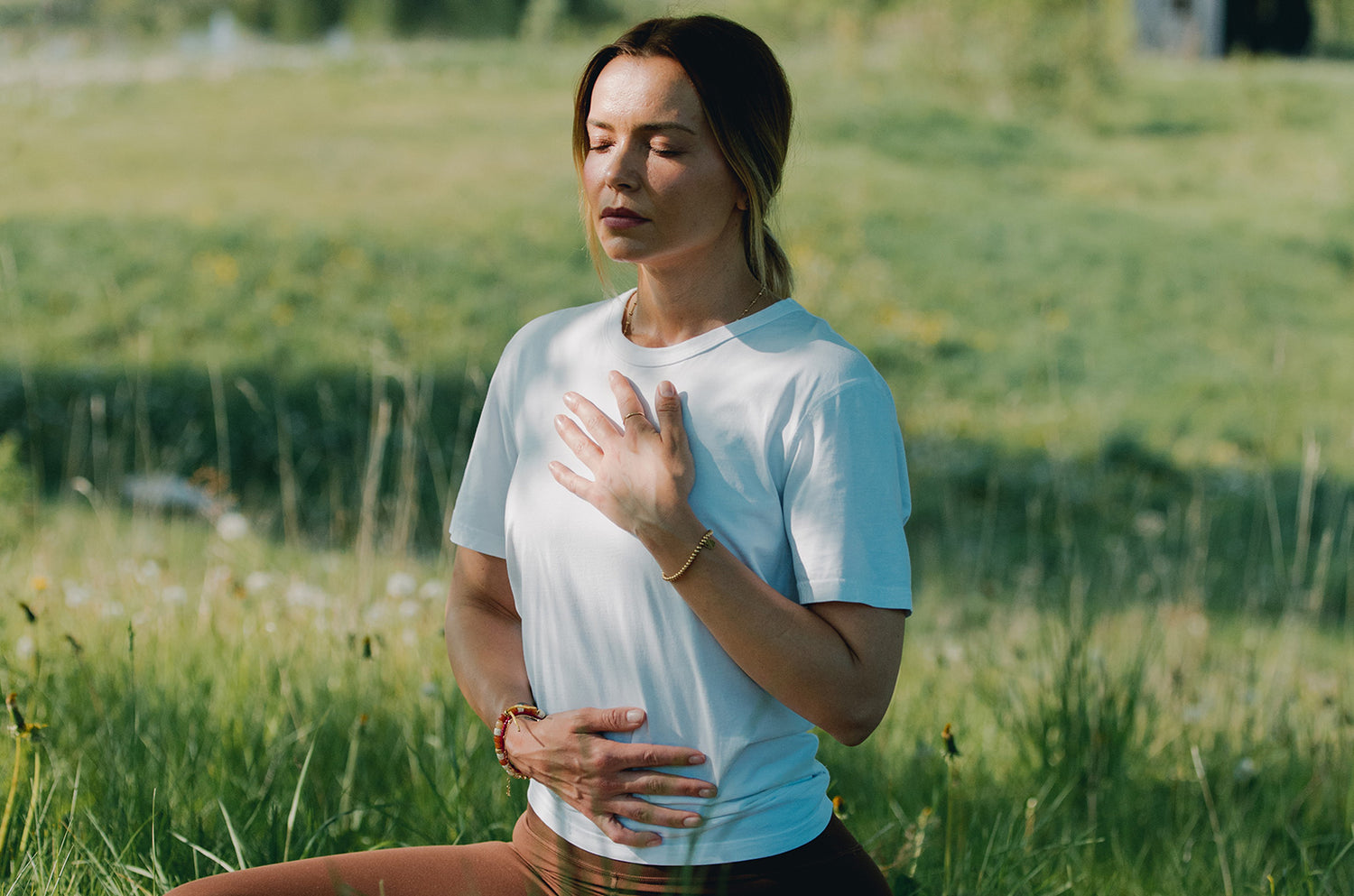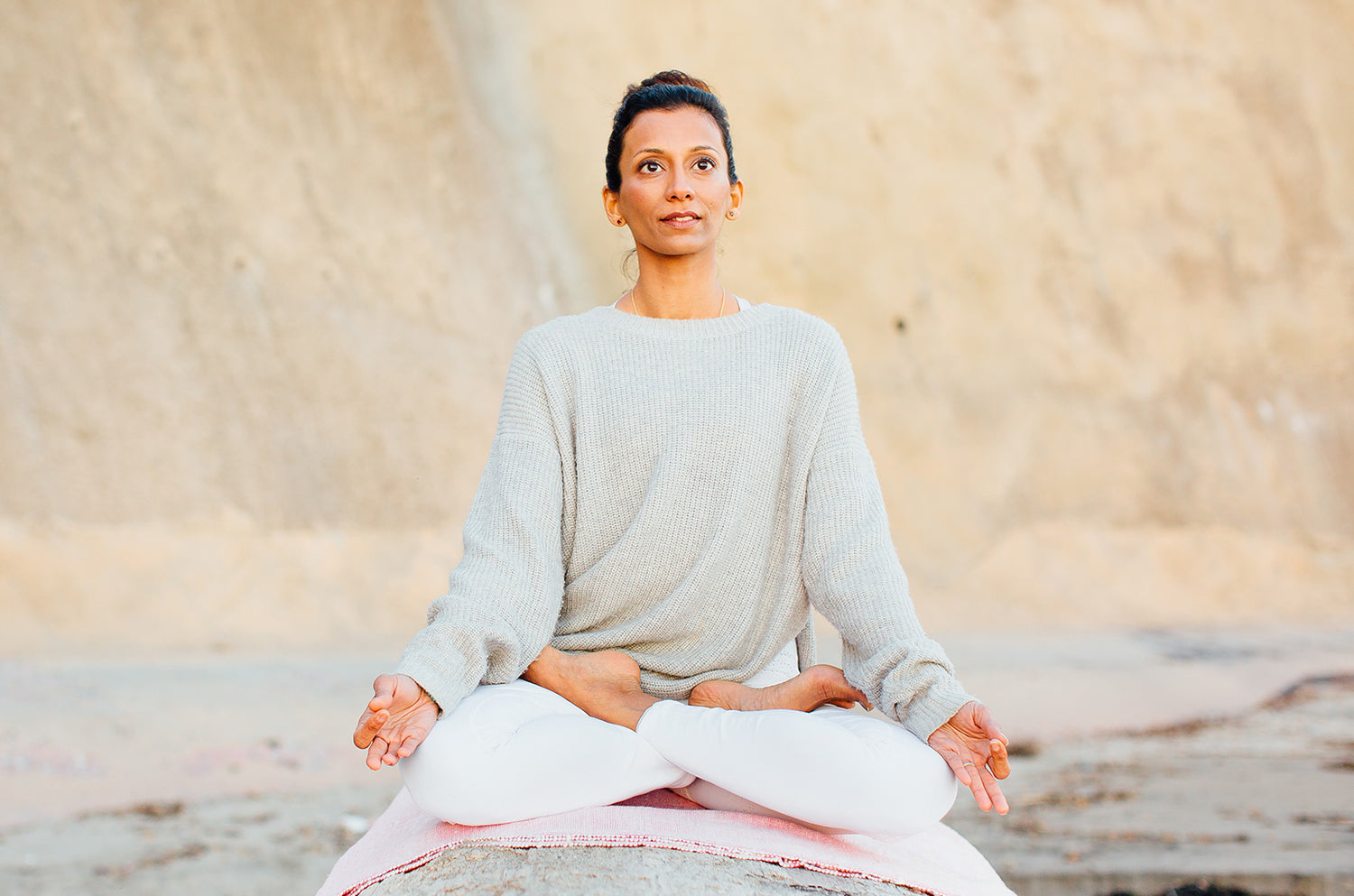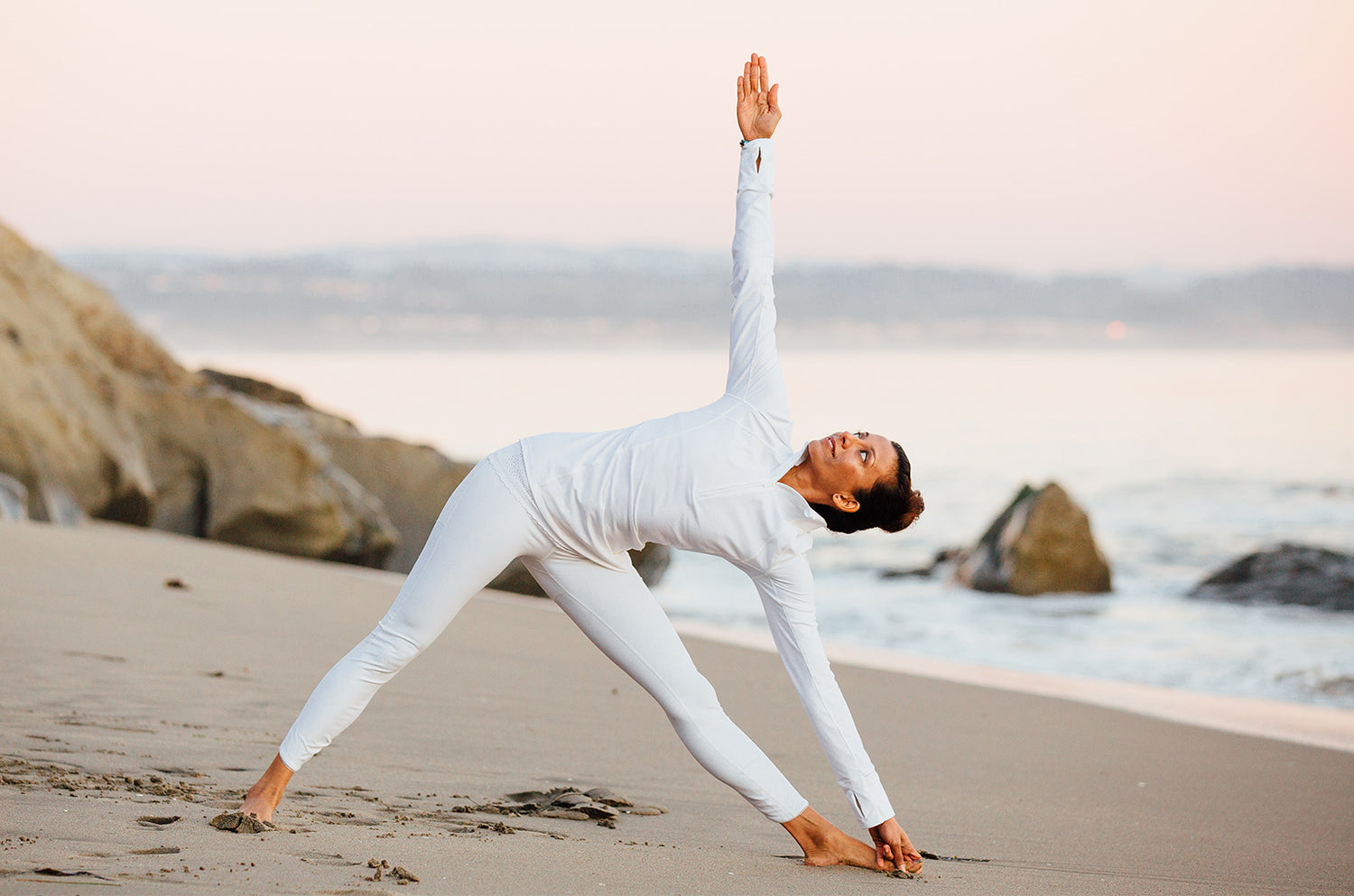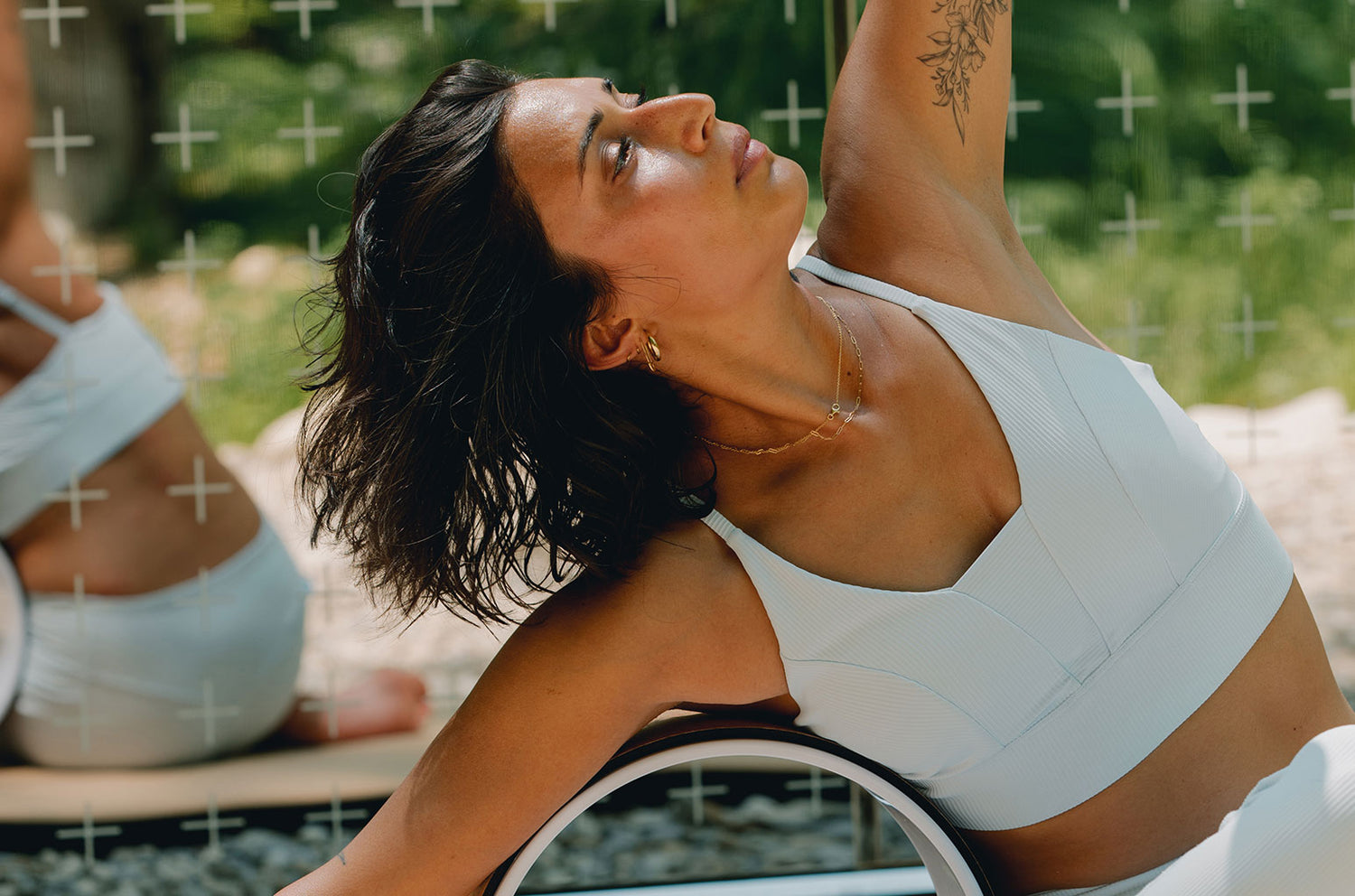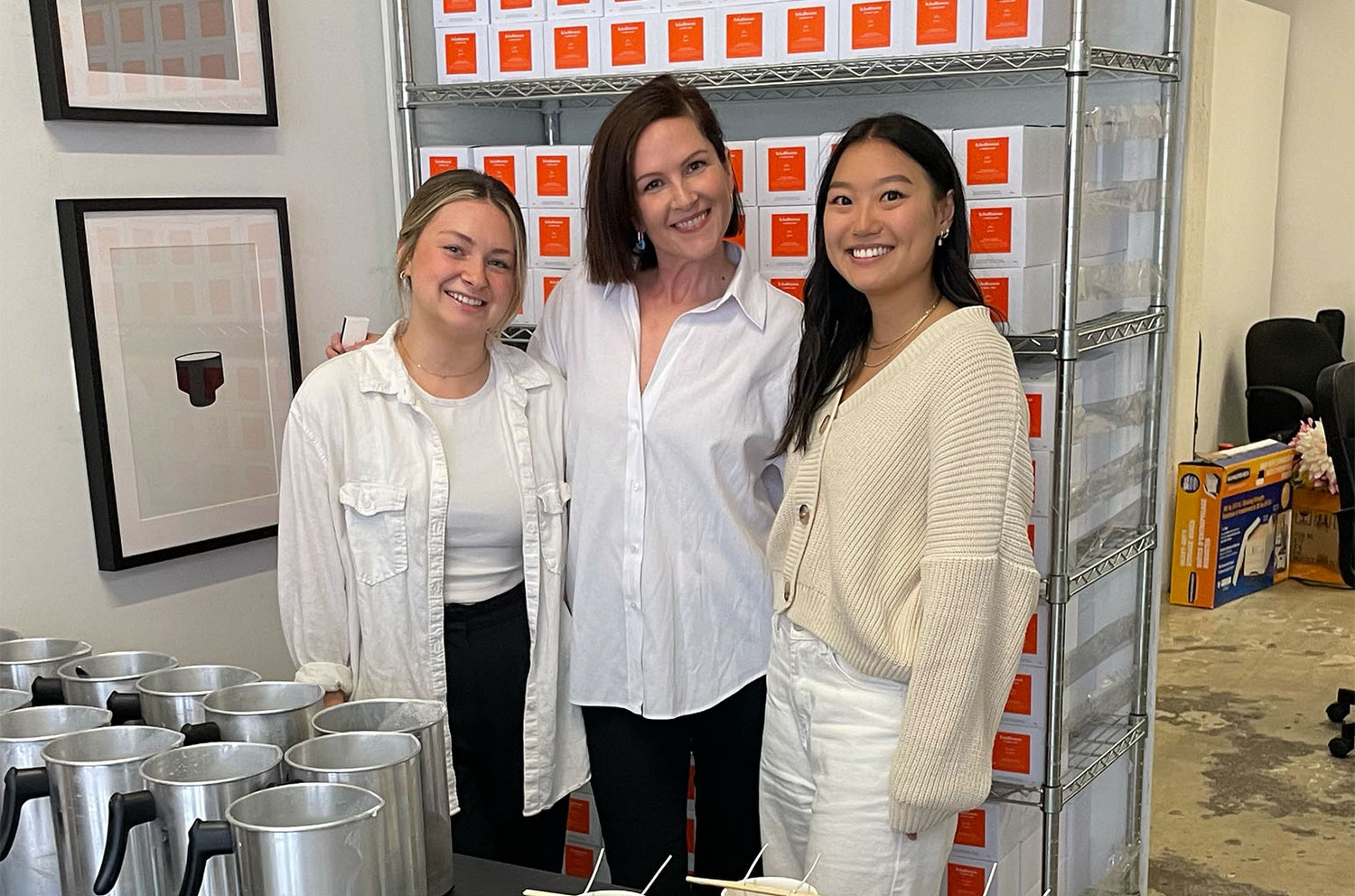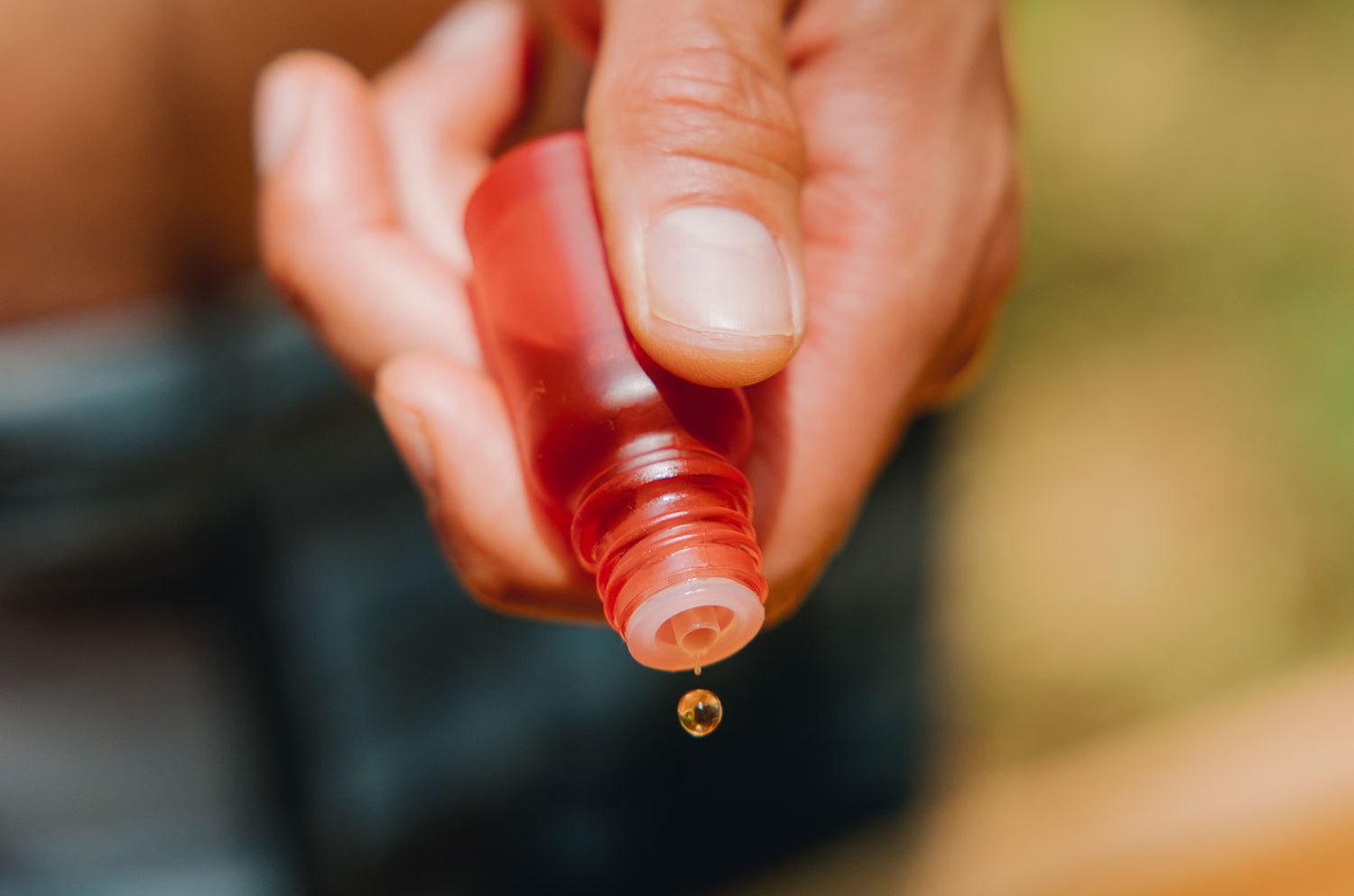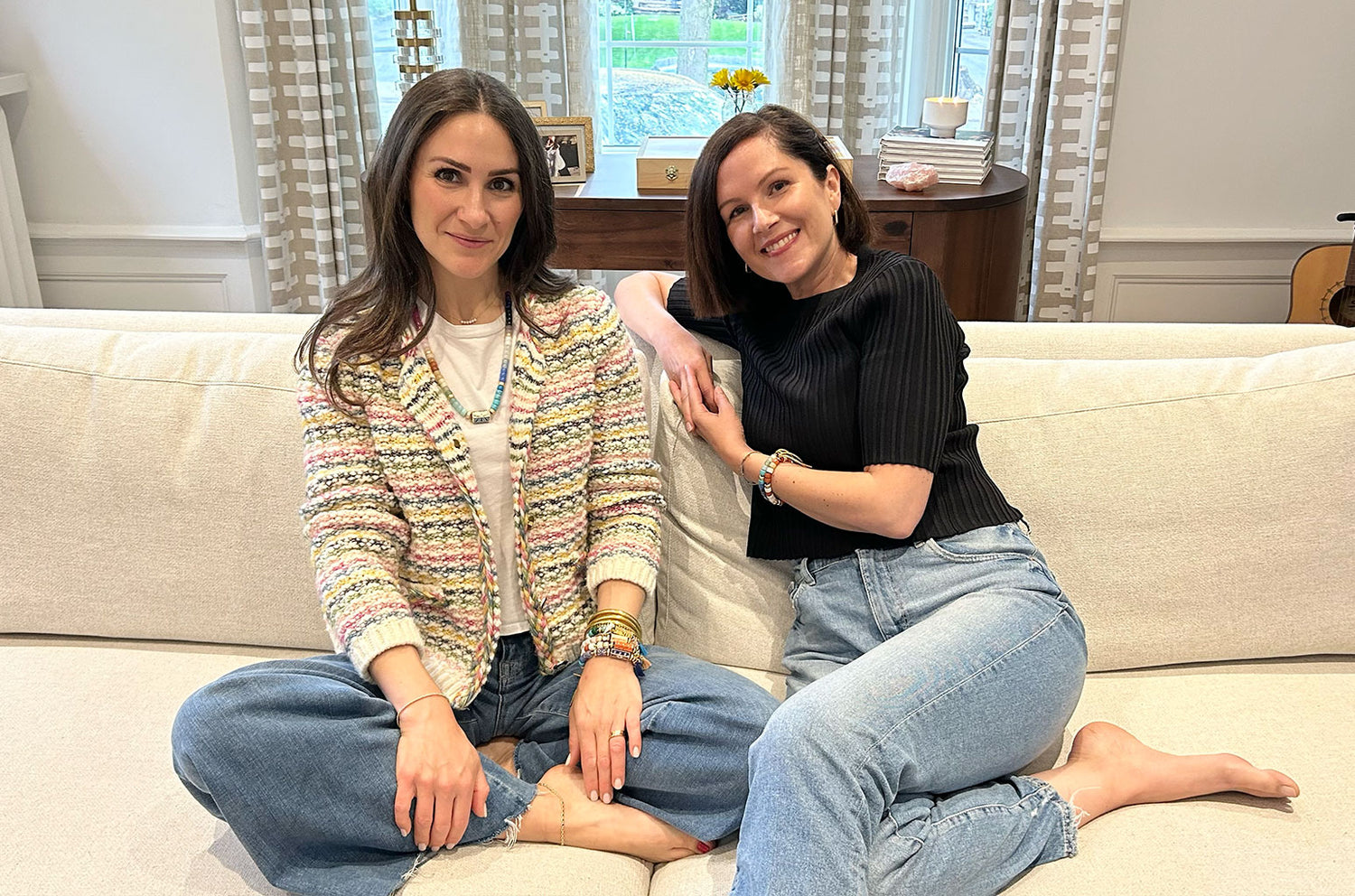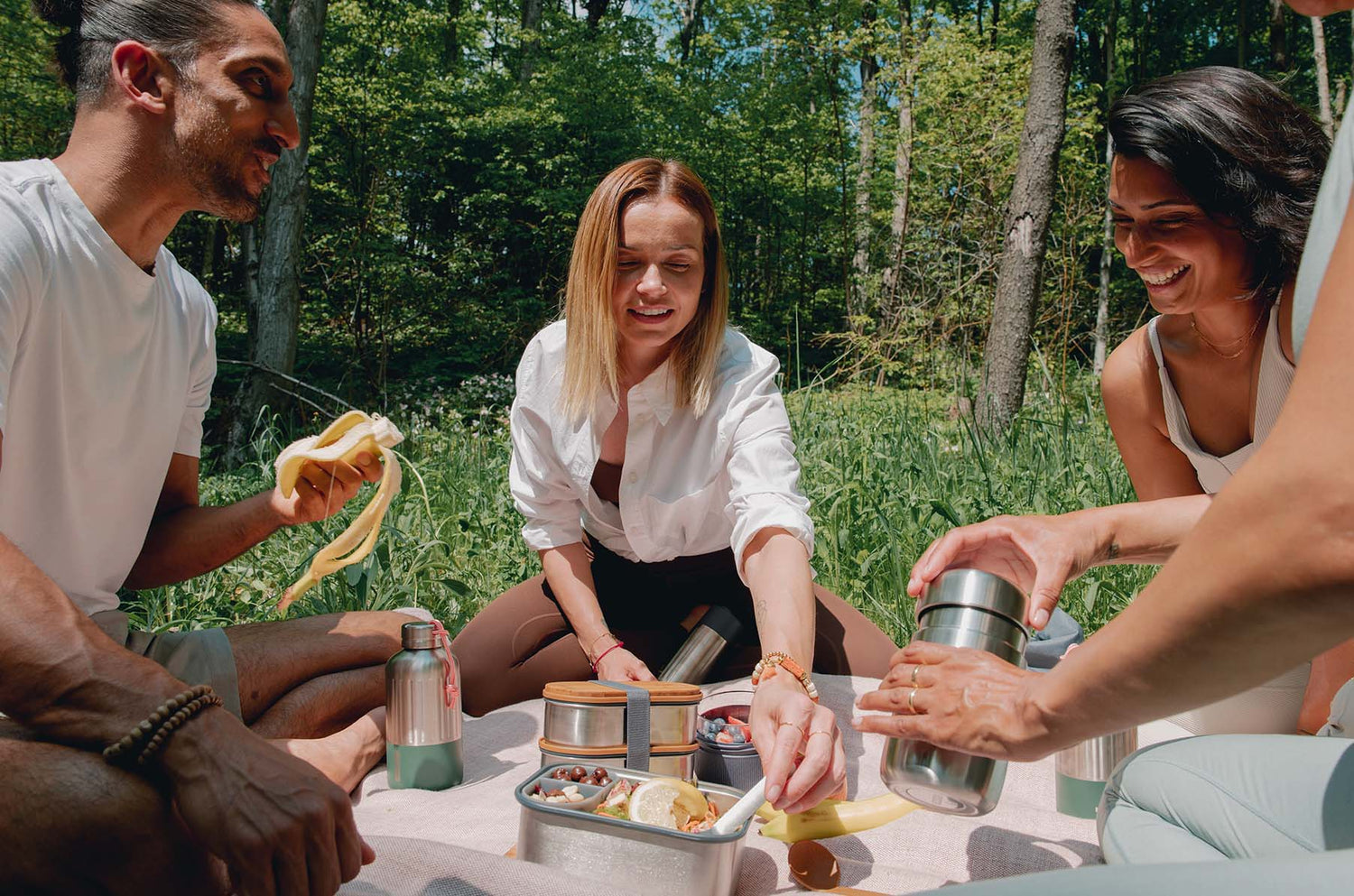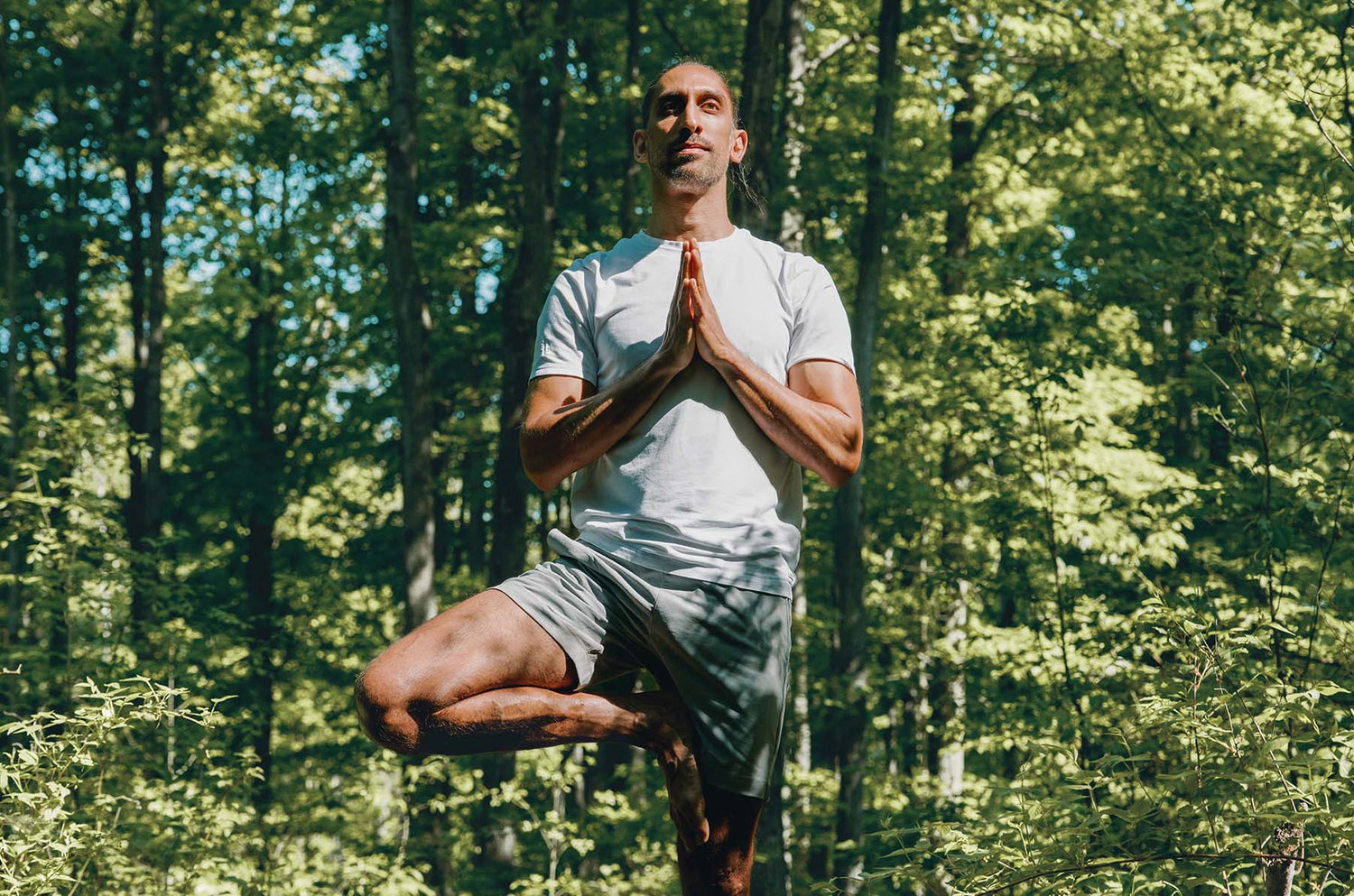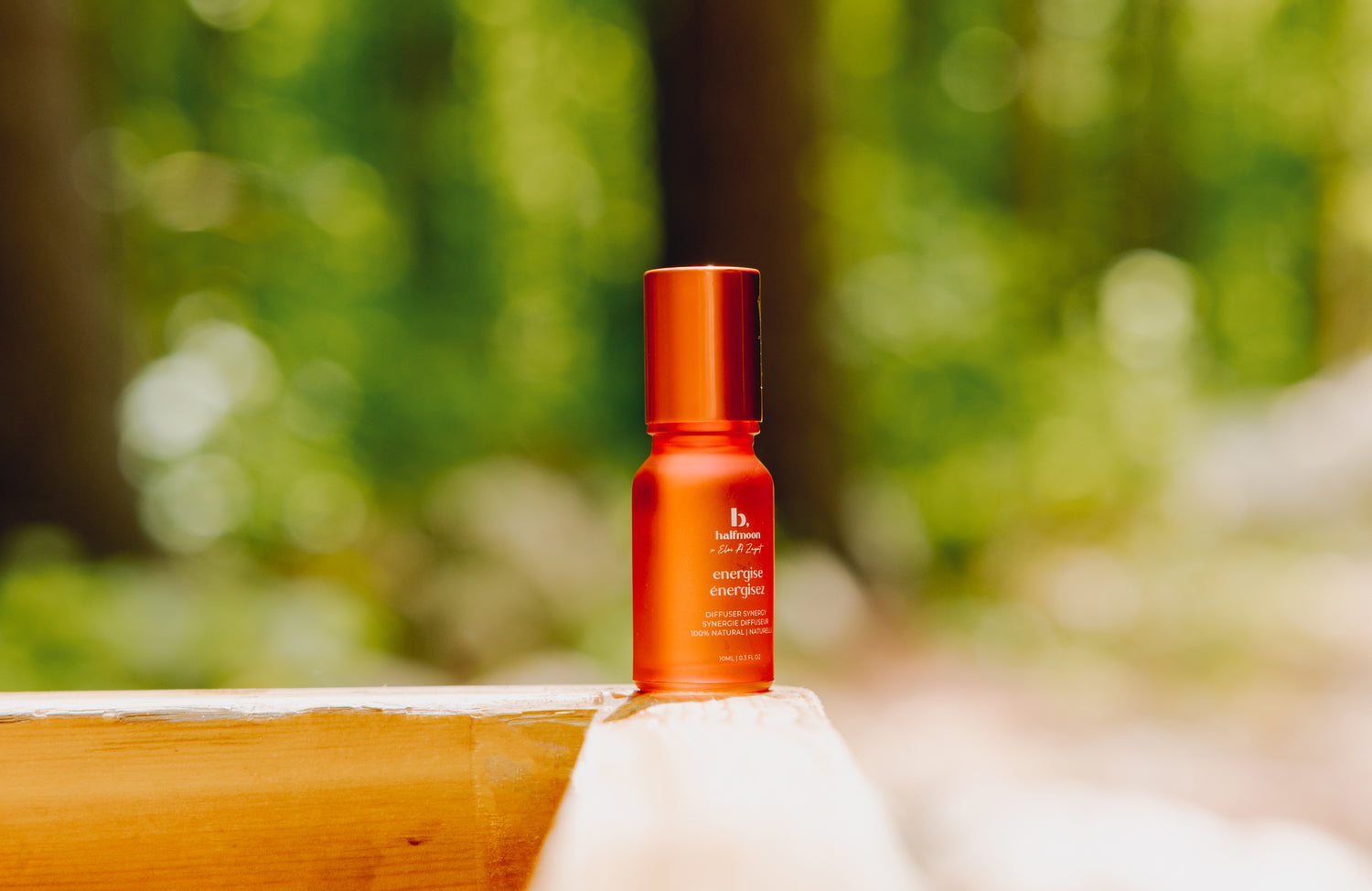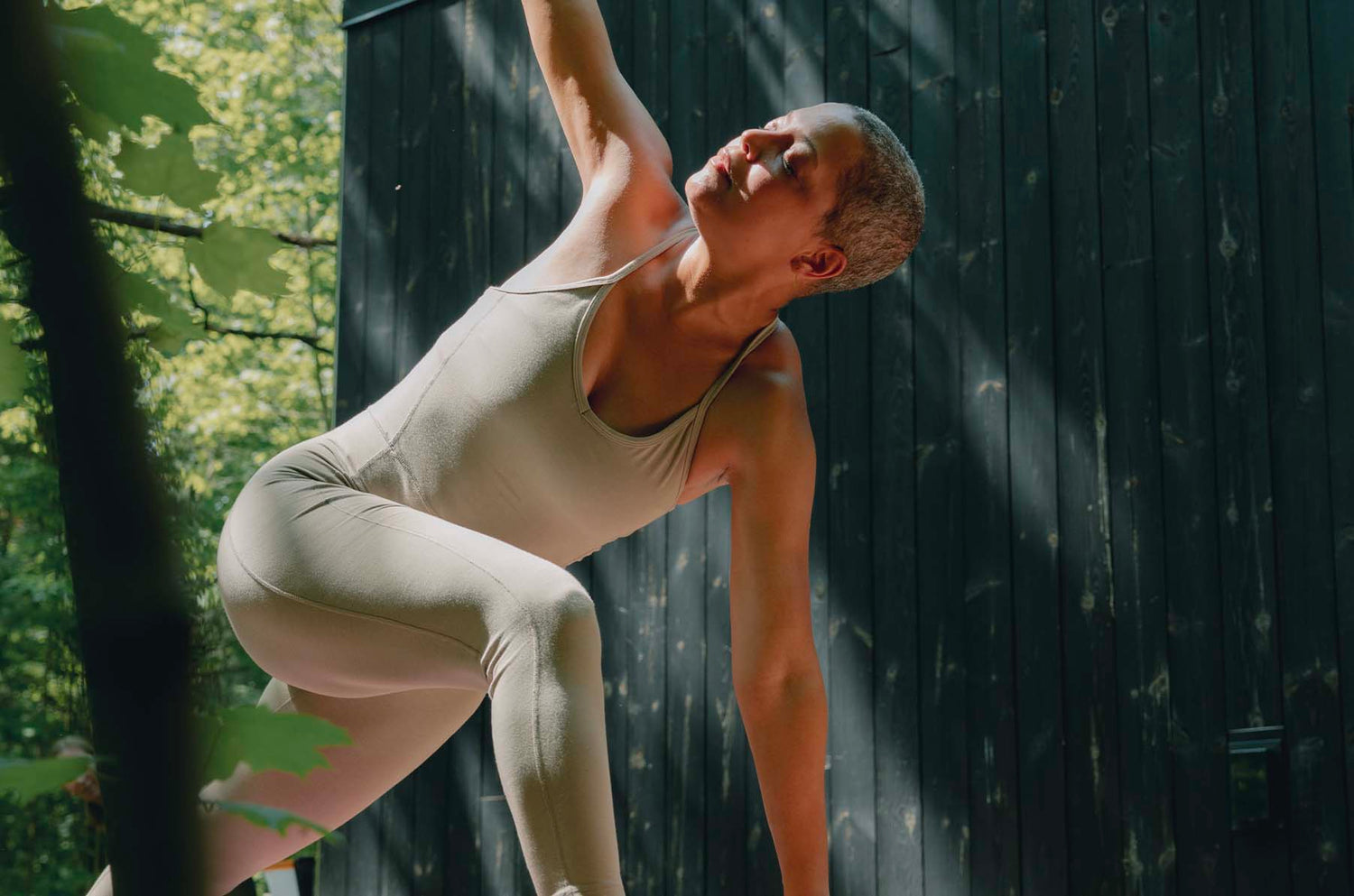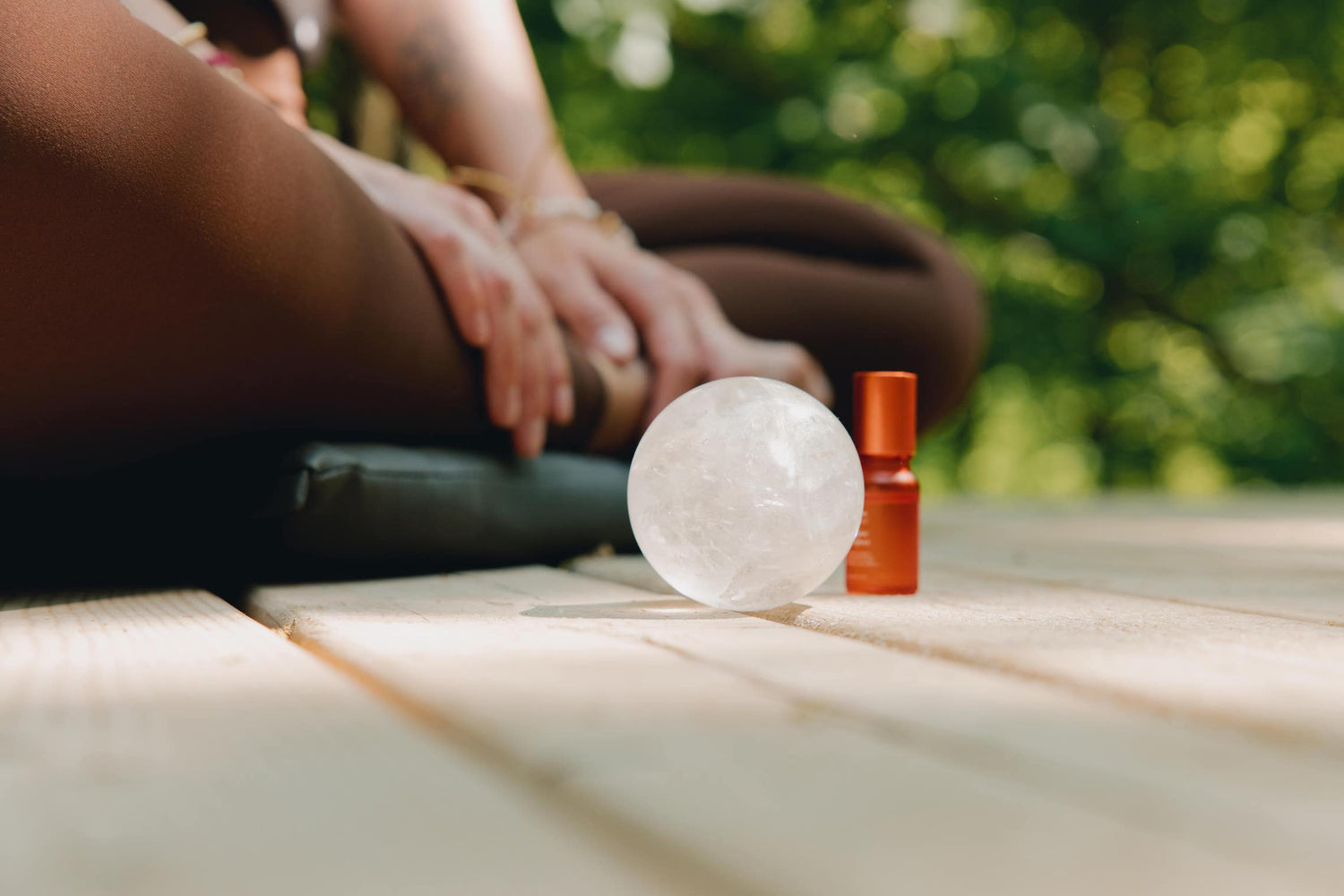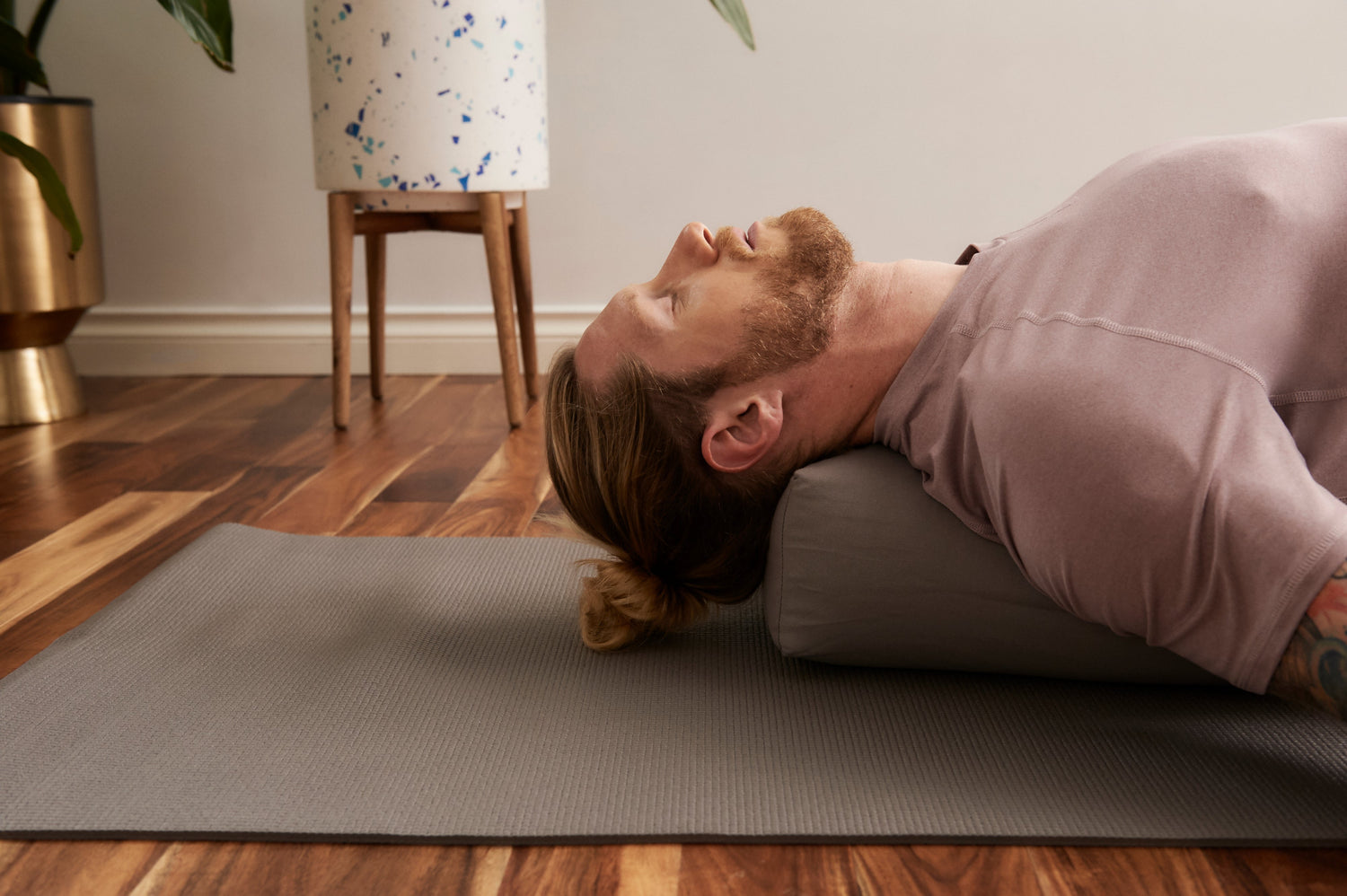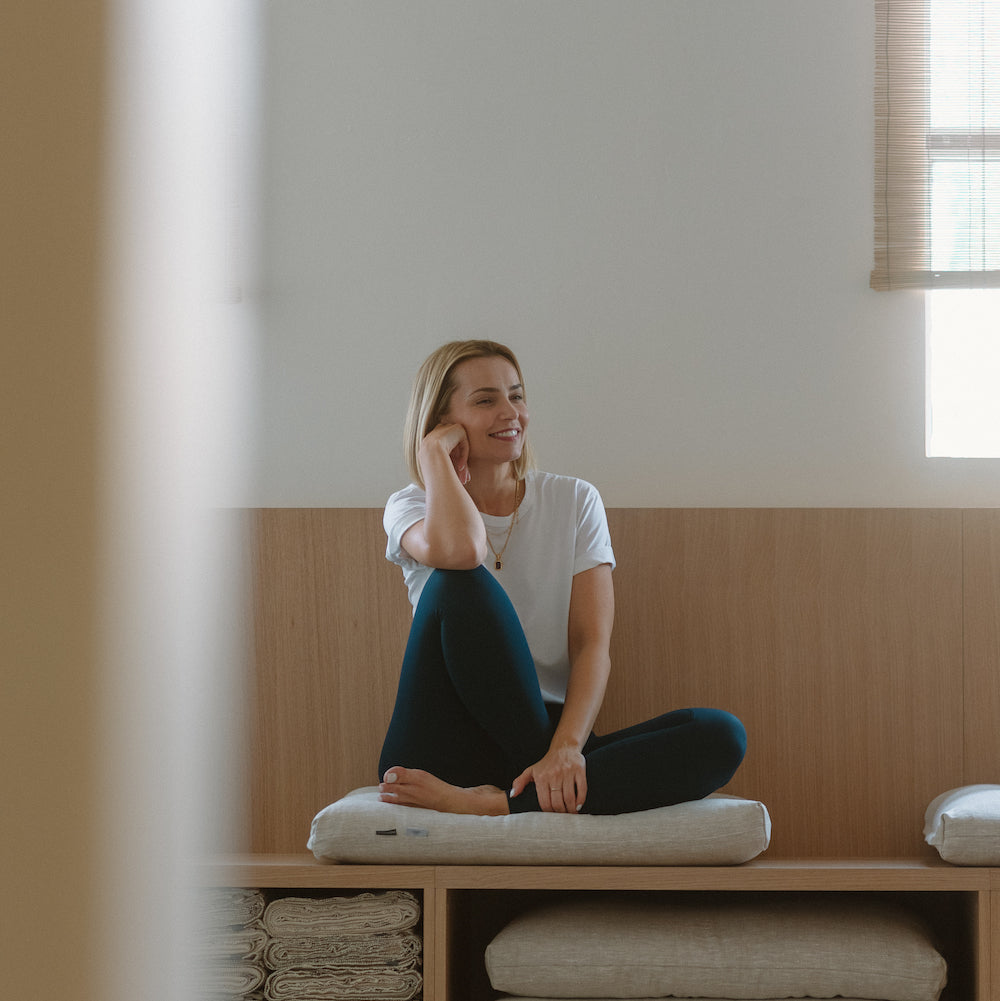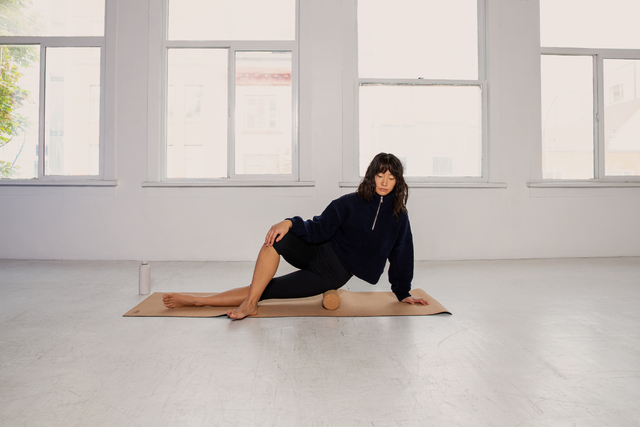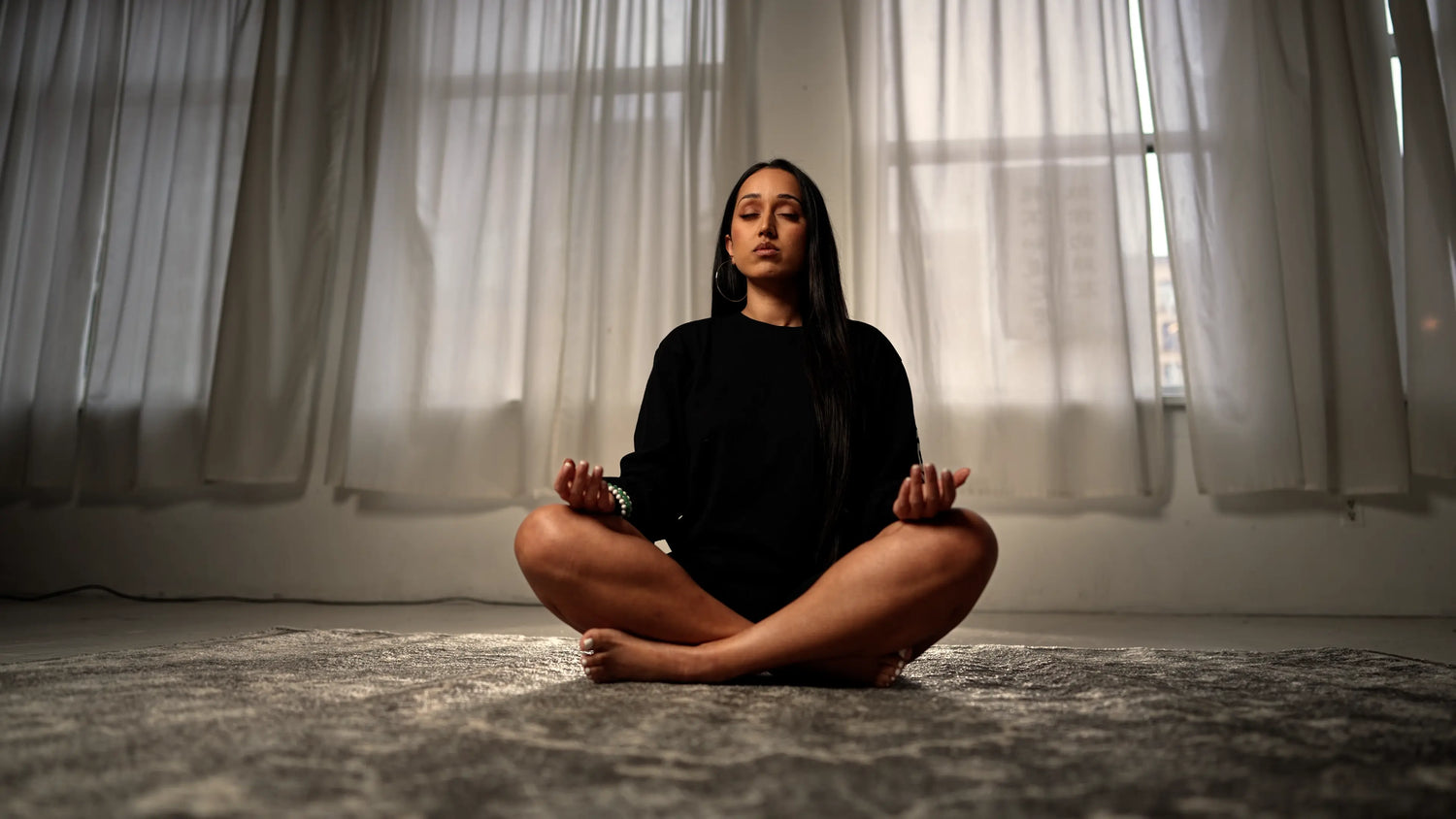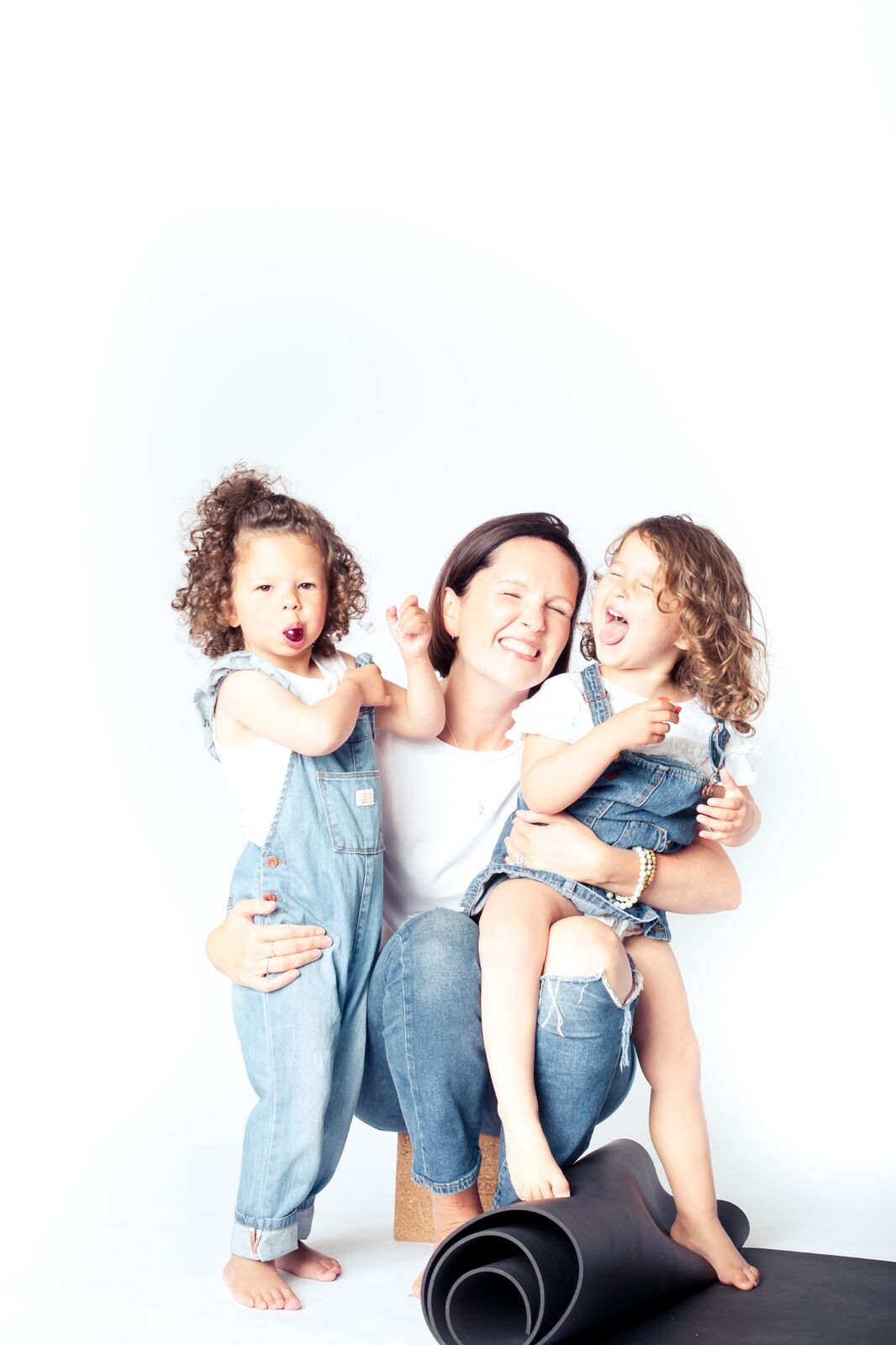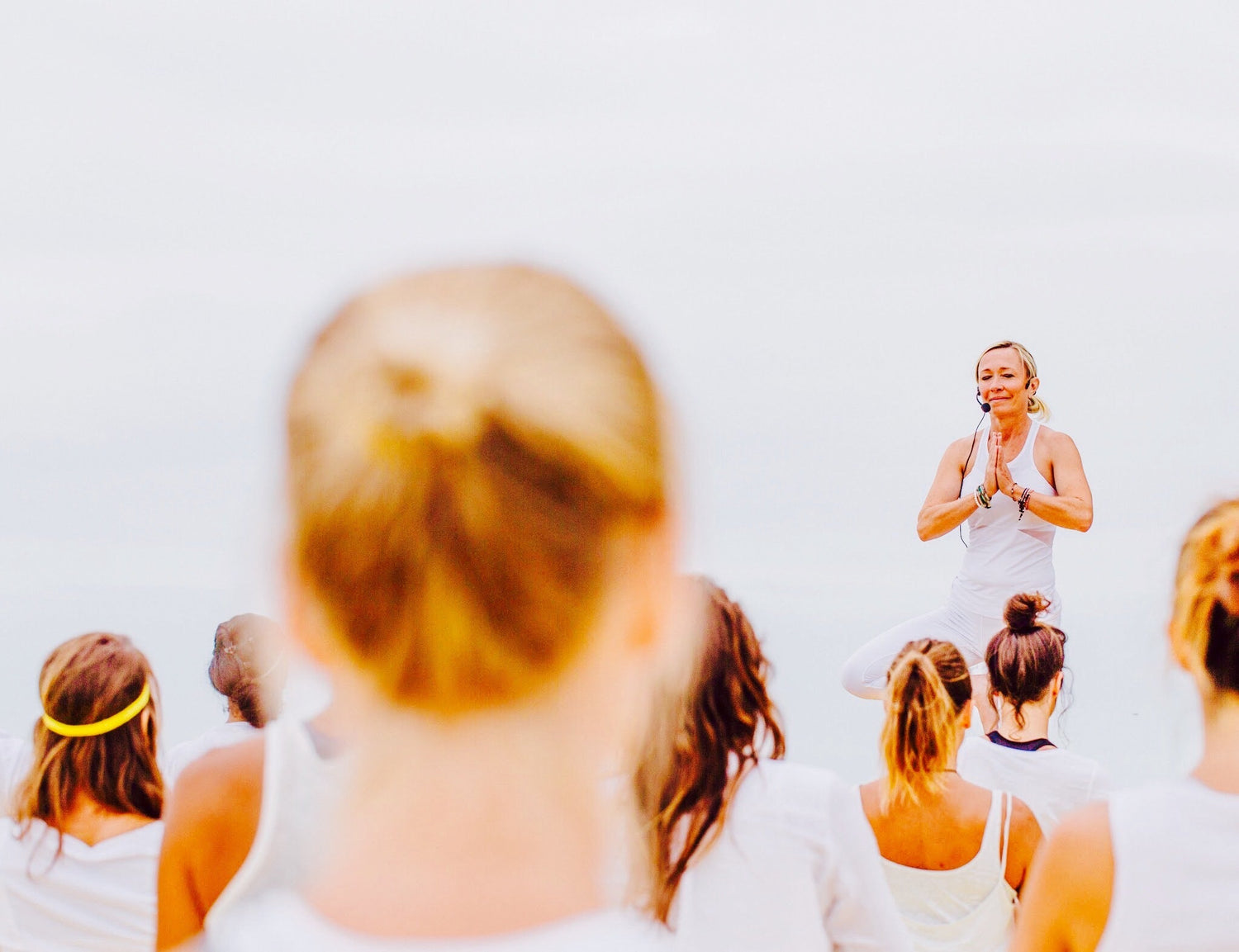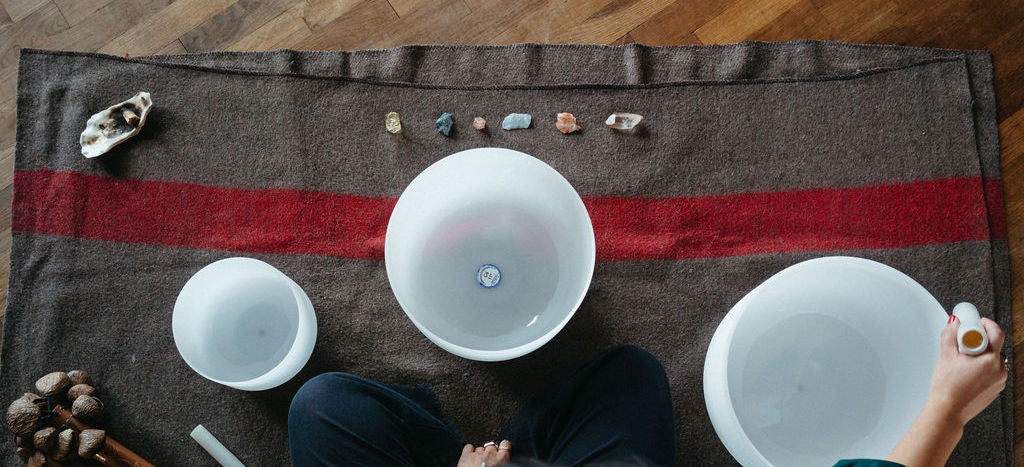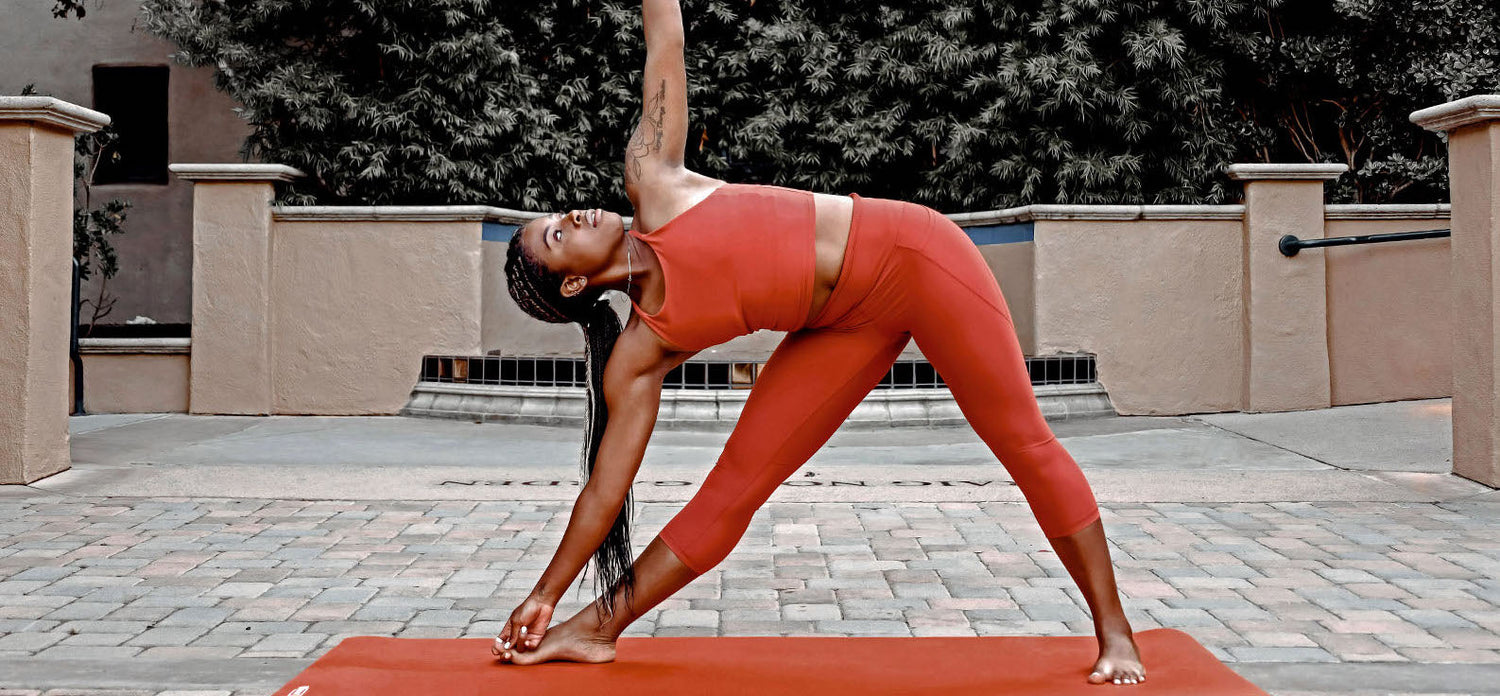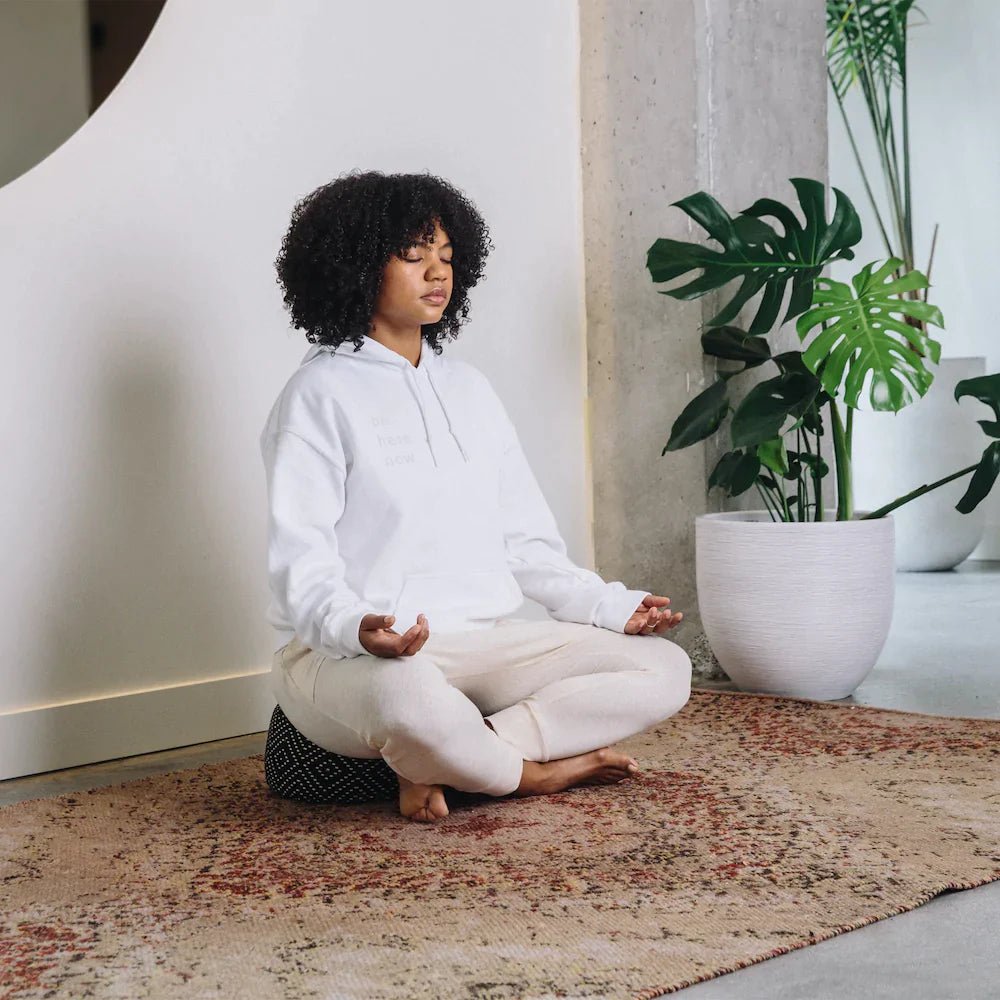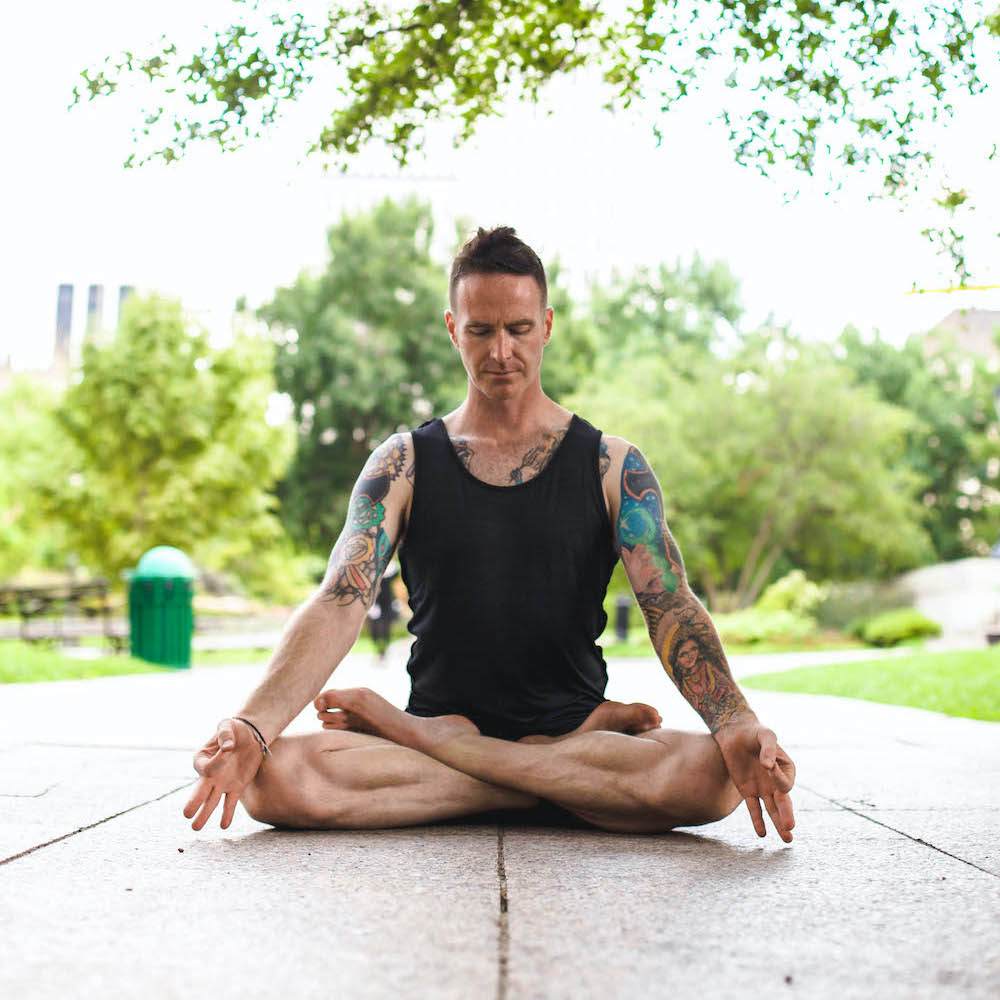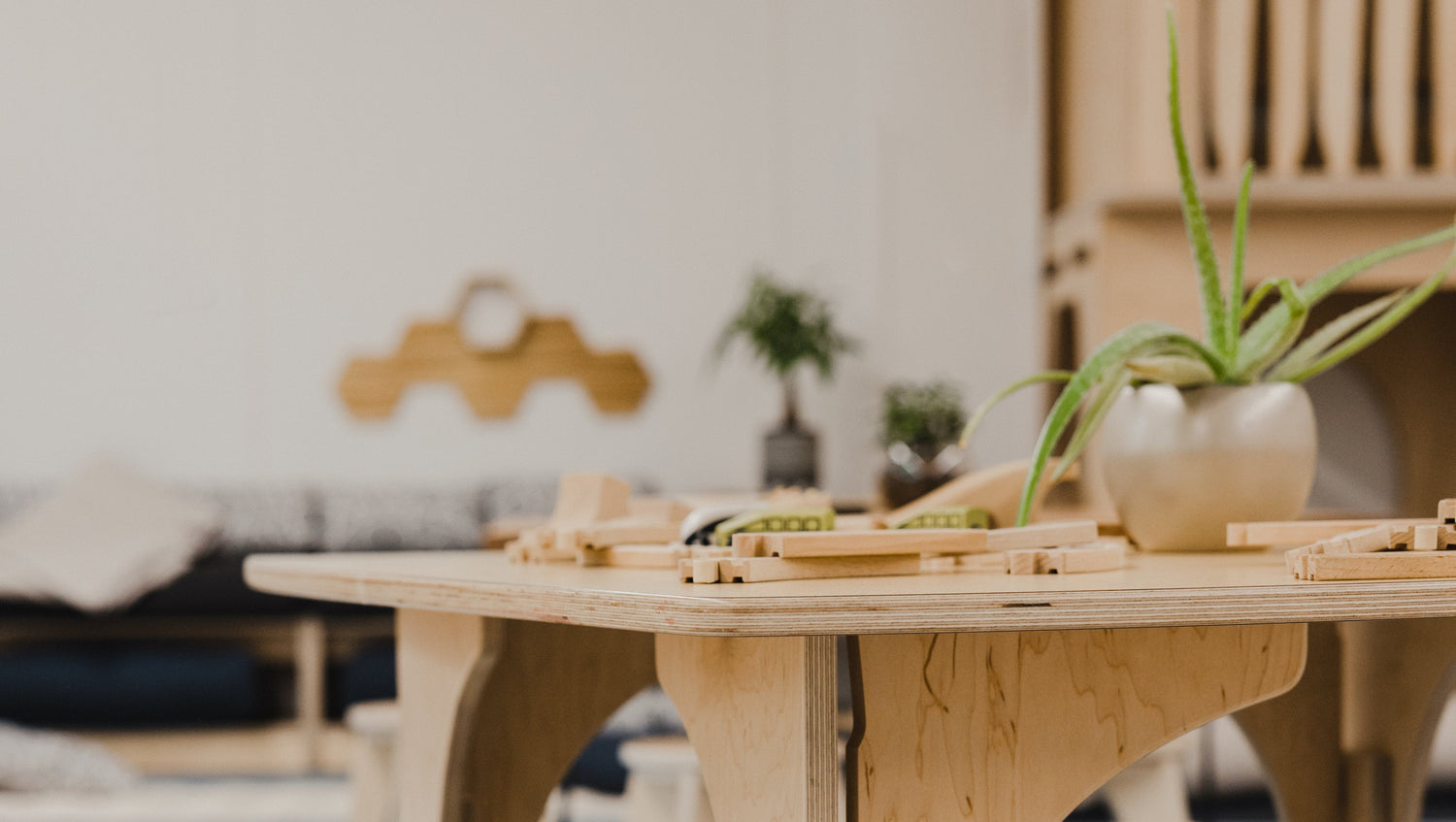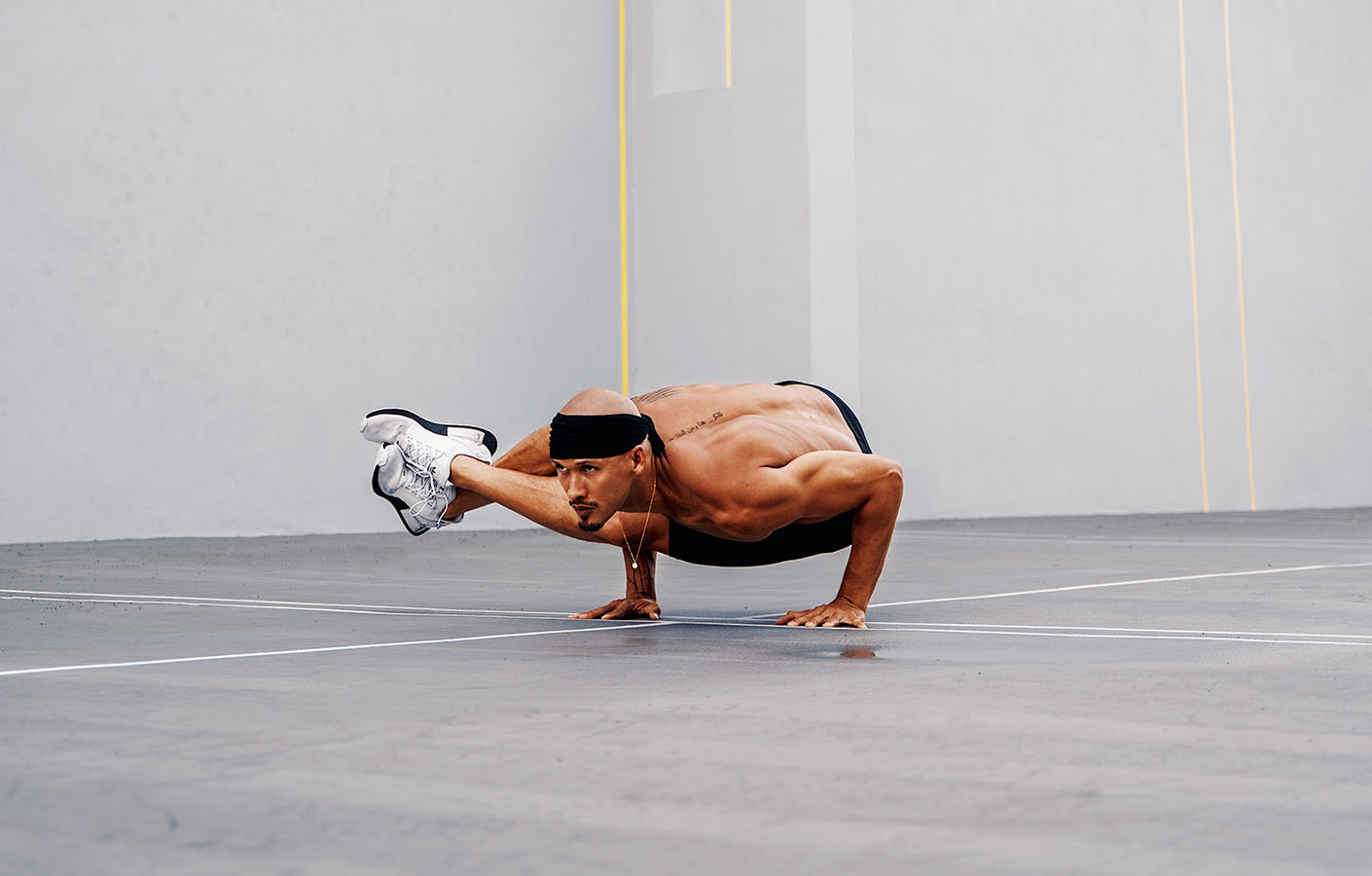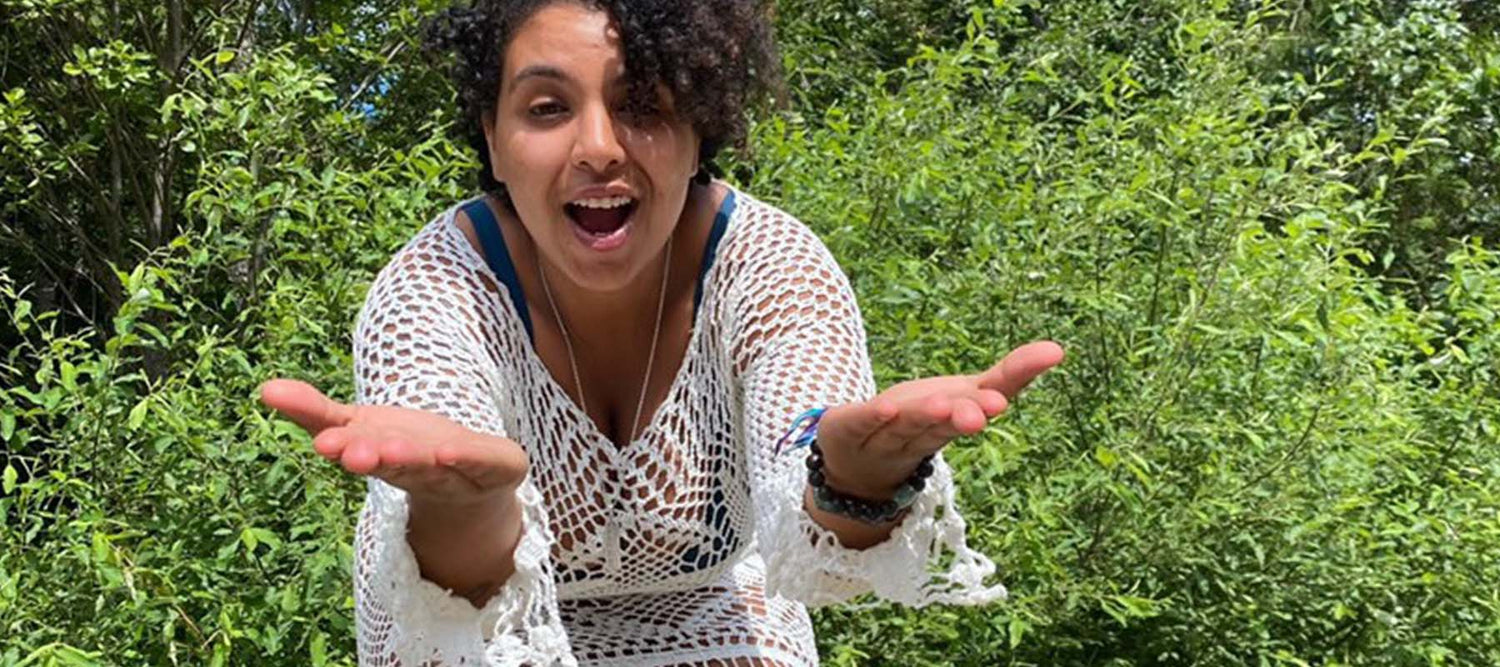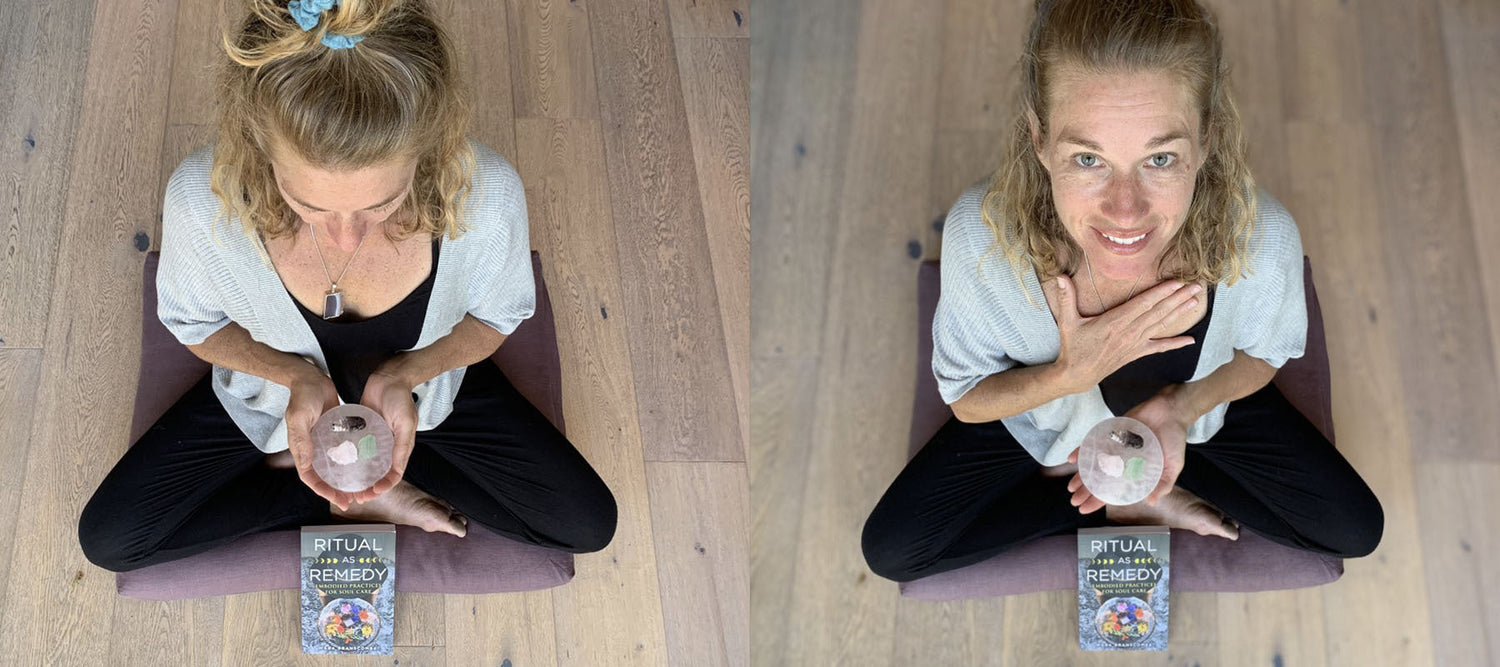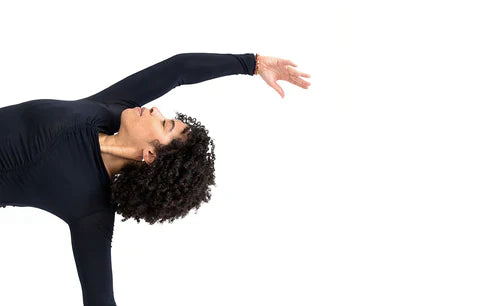Elena Skripalev is a meditation teacher and founder of MindfulPPL. Her focus is combining authentic Buddhist practices with evidence-based techniques for deeper, more beneficial, and sustainable results. She is determined to share the benefits of mindfulness and what she’s learned while making meditation accessible for all. To learn more about the work Elena is doing, continue reading.
What sparked your initial interest in mindfulness & meditation?
My initial encounter with meditation emerged from my exploration of yoga. At that time, I had recently welcomed my second child into the world and was grappling with postpartum depression. As an immigrant with family living overseas, I faced a profound sense of isolation and a lack of support, which made navigating this new chapter of life incredibly challenging. Yoga served as a gentle catalyst, enabling me to accept and reconnect with my transformed body. Gradually, it evolved into a deeply meditative practice for me.
As I delved further into my practice, I began seeking more traditional forms of meditation. This pursuit ultimately led me to the teachings of Buddhist philosophy and its accompanying meditative practices. The core principle of compassion resonated profoundly within me, instilling a sense of clarity and purpose in my journey. At that pivotal moment, I knew that I had discovered the path I was destined to follow.

What is the inspiration behind your wellness studio, MindfulPPL?
The driving force behind MindfulPPL is rooted in a heartfelt desire to cultivate an intimate sanctuary where individuals from all walks of life can feel welcomed and embraced. My mission is to provide a nurturing space that inspires and supports individuals as they embark on their journey towards mindfulness and self-discovery.
At MindfulPPL, I strive to be a haven for those seeking deeper connections both within themselves and with others. I envision the studio as a communal gathering place, fostering meaningful relationships and shared experiences among its visitors.
Furthermore, I am dedicated to serving as an accessible learning environment where individuals can delve into the teachings of Dharma and mindfulness at a foundational level. By offering a gentle entry point to these powerful practices, I aspire to spark lasting transformation and personal growth within our cherished community.
What is your approach to teachings at your studio, MindfulPPL?
At MindfulPPL, my workshops are centered around weaving a harmonious connection between the timeless wisdom of ancient Buddhist practices and the contemporary insights offered by neuroscience research on meditation. Drawing from my personal journey, I recognize the significance of maintaining a grounded and centered approach to meditation, which is why incorporating scientific findings and data into our teachings is a key aspect of our philosophy.
The workshops I facilitate at MindfulPPL are grounded in the foundational principles of mindfulness, rooted in Dharma, while also drawing upon cutting-edge research in the fields of neuroscience and psychology. This unique fusion allows us to provide a holistic approach to mindfulness that bridges the gap between ancient wisdom and modern science. Our aim is to inspire personal transformation and deepen self-awareness, while also providing a clear understanding of the empirically supported benefits of mindfulness practices.
By nurturing this balance between tradition and innovation, I try to empower our students to embark on a journey of self-discovery that is both profound and accessible, enabling them to harness the transformative power of mindfulness in a way that resonates with their individual experiences and needs.

How do you practice meditation?
When it comes to my personal meditation practice, I'm presently working through the preliminary practices known as Ngondro. In addition to this formal practice, I also strive to incorporate mindfulness into my daily routine tasks, transforming them into informal meditation opportunities. This could include making breakfast for my family, packing lunches for my children, tidying the house, or folding laundry.
I see each of these activities as a chance to purify my mind, observe my mental processes, and reflect on the intentions behind my actions. For instance, cleaning the house may sometimes feel unpleasant, particularly when the mess isn't of my own making. However, I choose to view it as an opportunity for mental purification. Rather than giving in to frustration, I cultivate gratitude for the task at hand, recognizing that it allows me to develop a healthier mindset and challenge my habitual reactions.
In these moments, I'm presented with a choice: either react in the same way as always, perpetuating patterns that may be harmful to me, or develop a new perspective on the task before me. As I clean, I approach it with the mindset of "Just as I clean this house, I clean my mind so I can be a benefit to myself and others" and "Just as I wash these dishes, I wash off the impurities within myself, so I can be a better person for myself and others." This approach helps me transform everyday activities into opportunities for personal growth and mindfulness.

How can meditation and mindfulness improve someone’s quality of life?
Meditation and mindfulness can truly make a difference in someone's quality of life, even in the most subtle ways. By adopting these practices, people can learn to navigate the inevitable challenges of everyday life with a sense of balance and ease.
A primary benefit of meditation and mindfulness is their ability to help reduce stress and anxiety. Life can be demanding, and it's easy to feel overwhelmed at times. Through meditation, we can develop inner calm and resilience, enabling us to face these challenges with a clearer, more composed mindset.
Mindfulness practices can also help us cultivate a deeper understanding and acceptance of our emotions, both for ourselves and others. As we become more aware of our feelings and thought patterns, we can learn to respond to life's ups and downs in a more compassionate and grounded manner. This can lead to healthier relationships and an overall greater sense of contentment.
Another aspect where meditation can make a difference is by improving our focus and mental clarity. By training our minds to be present and attentive, we can enhance our ability to concentrate and make better decisions in various areas of our lives.
Moreover, mindfulness practices have been linked to better physical health, such as improved sleep, reduced pain, and a stronger immune system. This demonstrates how the benefits of meditation extend beyond just our emotional well-being, touching on our overall health.
In essence, meditation and mindfulness can gently yet effectively improve our quality of life by fostering emotional balance, mental clarity, and physical health. By embracing these practices, we open ourselves to a more grounded, connected, and fulfilling way of living.
What do you feel is the purpose of meditation?
In my perspective, the purpose of meditation is to help us connect more deeply with ourselves and our experiences, fostering a sense of inner peace and balance in our lives. Through regular meditation practice, we can cultivate a greater understanding of our thoughts and emotions, which allows us to respond to life's challenges with more wisdom and compassion.
Meditation can also serve as a tool to bring our attention to the present moment, encouraging us to let go of the constant chatter in our minds and the tendency to dwell on the past or worry about the future. By anchoring ourselves in the here and now, we can develop a deeper appreciation for the beauty and richness of our lives.
Ultimately, the purpose of meditation may vary for each individual, as it can be a highly personal journey. However, at its core, meditation is about nurturing self-awareness, inner harmony, and a more mindful way of living, allowing us to navigate the world with greater clarity, understanding, and grace.
Do you have any other wellness practices that are a key part of your routine?
Certainly, in addition to my formal meditation practice, yoga plays a significant role in my daily wellness routine. For me, yoga is a wonderful means of bringing attention and awareness to the body, fostering a connection between the physical and mental aspects of well-being.
What I find particularly fascinating in my own experience is the direct correlation between a calm mind and the progression of my yoga practice. It's a powerful reminder of the interconnected nature of our minds and bodies and how cultivating mindfulness can have a profound impact on our overall well-being.
What shifts have you seen over the past few years in the wellness industry?
Over the past few years, there has been a remarkable growth of interest in mindfulness and meditation within the wellness industry. This has led to an increased awareness of the need for inner balance and harmony in our lives. It is indeed heartening to see so many people drawn to these practices in their quest for well-being.
However, it is essential to recognize that mindfulness and meditation are not merely self-taught practices. They require a proper understanding of their principles and techniques, as well as guidance from experienced instructors. While the enthusiasm for these practices is commendable, it is important for individuals to approach them with the right mindset and respect for the tradition.
The wellness industry, as it continues to evolve, would greatly benefit from the presence of more qualified and experienced mindfulness and meditation teachers. These instructors can provide the necessary support and guidance for individuals on their journey towards inner growth, helping them to truly embody the essence of mindfulness and meditation.
In a spirit of humility and kindness, I encourage everyone interested in these practices to seek guidance from qualified teachers, who can help them navigate this transformative journey with grace and wisdom. By doing so, we can ensure that the wellness industry continues to flourish, and that mindfulness and meditation are practiced with the depth and authenticity they deserve.

What is your vision as a meditation and mindfulness teacher?
My vision is centered around education and accessibility. I believe that it is essential to demystify these practices, helping people understand what mindfulness is and, just as importantly, what it is not. By clarifying misconceptions, we can make these practices more approachable and inclusive, allowing people from all walks of life to experience their transformative potential.
Meditation is often perceived as a religious practice, which may be intimidating for some individuals. However, meditation transcends any particular belief system; it is a universal tool for cultivating mental clarity, emotional balance, and self-awareness. By normalizing meditation practices, we can help people feel more at ease with the idea of incorporating them into their daily lives.
I wholeheartedly believe that meditation and educational classes should be accessible to everyone, regardless of their background or socioeconomic status. To achieve this, I envision a future where meditation studios receive the support they need from governments or large organizations. By alleviating financial concerns, instructors can be fully present for their community, focusing on sharing their knowledge and wisdom without the burden of maintaining the studio's operations.
In the spirit of humility and kindness, I hope that my vision for a more inclusive, educated, and supported meditation and mindfulness community will contribute to a world where these practices become an integral part of our collective well-being. By working together, we can create an environment where everyone has the opportunity to experience the profound benefits of mindfulness and meditation, regardless of their background or beliefs.
Do you have any tips for people who are new to meditation?
To those who are new to meditation, I'd like to share a light-hearted, yet invaluable piece of advice I once received: Don't take it too seriously! It may sound a bit funny, but trust me, it's worth keeping in mind as you begin your practice. Meditation is a journey of self-love, self-compassion, and kindness. So, remember to treat yourself with the same warmth and gentleness you would offer to a dear friend.
Imagine if you were teaching a friend to ride a bike for the first time, and they fell off a few times. Would you be stern or critical? Of course not! You'd probably say something like, "Hey, it's alright. It takes time to learn, and falling is just part of the process." That's precisely the attitude we should bring to our meditation practice.
So, dear friends, as you venture into the world of meditation, remember to pack a good dose of humor and light-heartedness in your backpack. Embrace the process with a gentle, kind, and forgiving spirit. And who knows, maybe one day, you'll be the one sharing this seemingly funny yet wise advice with someone new to the practice. Happy meditating!
Which b, halfmoon products do you use in your practice?
b, halfmoon products definitely have a place in my heart.
My studio is filled with b, halfmoon props including the Linen Bolsters & Sit Sets, Cotton & Turkish Blankets, Vegan Leather Meditation Chairs, and B MATs.

My trusty companion: The B MAT Everyday 4mm in Ocean Green. This mat and I have been on quite a few adventures together! The grip is nothing short of magical, and the thinness and lightweight design make it the perfect travel buddy. It's like having a steadfast friend that keeps me steady and grounded, no matter where my practice takes me.
And let's not forget about the blocks! They have a starring role in my restorative practice. My favorite asana is Fish with props. During those moments of extra stress, when the body tends to close up like a protective clamshell, this pose gently coaxes it open again. Not only does it help with posture for seated meditation, but it's also a friendly reminder that our hearts deserve some TLC.
Ergonomics play a starring role in a sustainable meditation practice, and b, halfmoon products are like the supporting cast, helping us to maintain our balance, both on and off the mat.
Meditation and mindfulness are transformative. By bringing the practice to more people, no matter who they are, Elena hopes to create a place where mindfulness becomes a part of everyone’s daily life. To learn more about what Elena is doing to make meditation and mindfulness more approachable and inclusive, follow @mindfulPPL.
